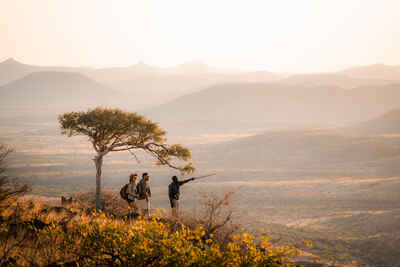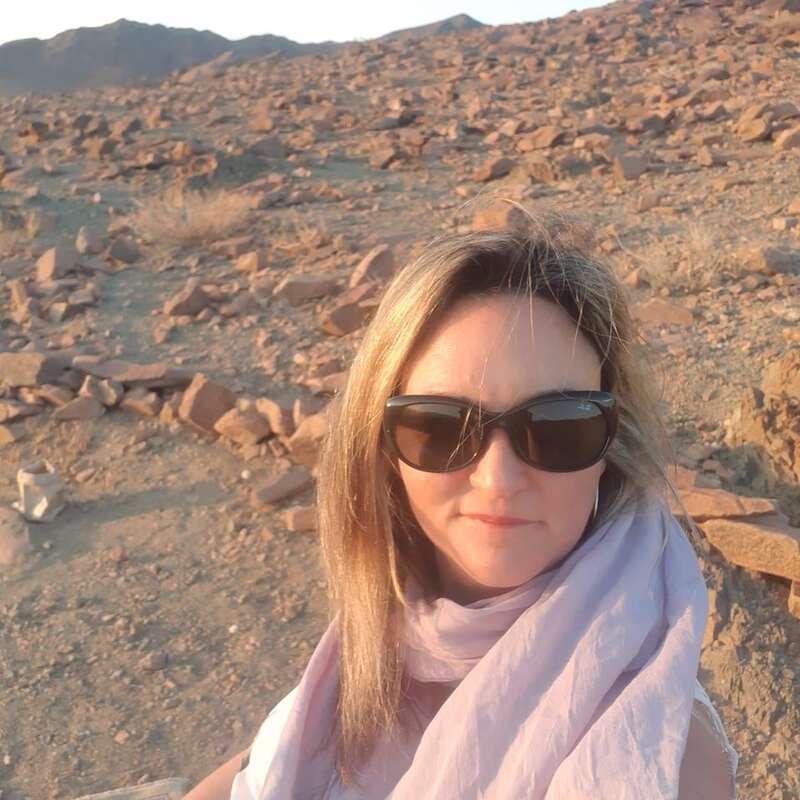About Etendeka Hiking Trail
An unforgettable hiking adventure in the wilderness, the Etendeka HikingTrail is Namibia at its rawest and most real.
It’s an authentic and soul-stirring experience, set in the heart of Namibia’s ancient volcanic landscapes and offering a return to the roots of safari.
The terrain is rugged and vast, with panoramic views of basalt mountains, dry riverbeds and starlit skies that seem to stretch into eternity.
This is not your typical lodge-based safari. At Etendeka, you hike from camp to camp, carrying only a daypack; the essentials for your overnight stay are taken on separately. Each step brings you deeper into a remote and dramatic landscape, untouched by time and free from distraction.
The overnight camps are simplicity itself, designed to immerse you in the environment without intruding on it. Meals are cooked over an open fire; evenings spent swapping stories under the stars, At night you’ll cosy up beneath a warm duvet on a sleeping platform, a canopy of stars above, the sounds of the wild as your bedtime soundtrack.
The Etendeka Hiking Trail is a journey for those who crave connection – with nature, with silence, and with the spirit of true exploration. It’s about slowing down, walking mindfully, and seeing the world through fresh, awe-inspired eyes.
Our view
Whether you're seeking solitude, stunning landscapes, or an authentic Namibian wilderness experience, the Etendeka Hiking Trail promises to deliver a truly unforgettable adventure. The hiking can be a real challenge but good guiding in the untouched Namibian wilderness promises to make the challenge worth it.
Accommodation
5 sleep-out decks
Children
Best for 15+
Open
All year
Activities

Birdwatching

Fly-camping

Guided walking safari

Private activities

Sleeping under the stars
Traveller reviews of Etendeka Hiking Trail
8 real, un-edited reviews from Expert Africa's travellers.
Arrived 26 Sep 2024, 2 nights
"Etendeka Walking Trail review"
Overall rating: Excellent
Arrived 16 Sep 2024, 2 nights
"Etendeka Walking Trail review"
Overall rating: Good
Arrived 15 Mar 2024, 2 nights
"Etendeka Walking Trail review"
Overall rating: Excellent
Arrived 27 Aug 2023, 2 nights
"Etendeka Walking Trail review"
Overall rating: Excellent
Arrived 8 Feb 2023, 2 nights
"Etendeka Walking Trail review"
Overall rating: Excellent
Arrived 18 Sep 2022, 2 nights
"Etendeka Walking Trail review"
Overall rating: Good
Arrived 27 Nov 2020, 2 nights
"Etendeka Walking Trail review"
Overall rating: Excellent
Arrived 3 Aug 2019, 2 nights
"Etendeka Walking Trail review"
Overall rating: Excellent
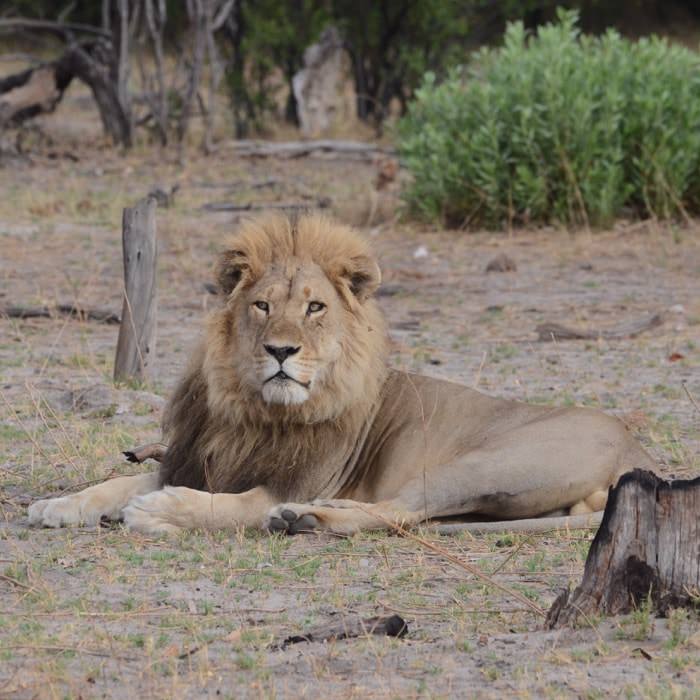
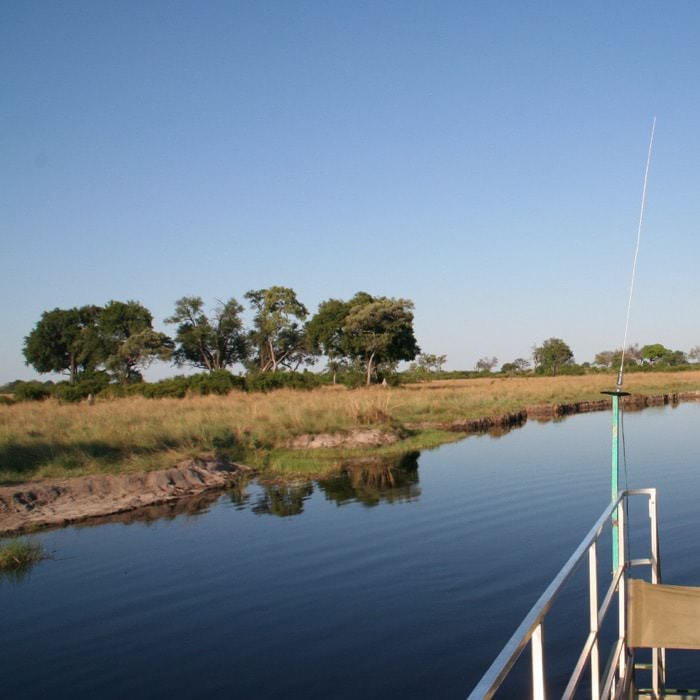
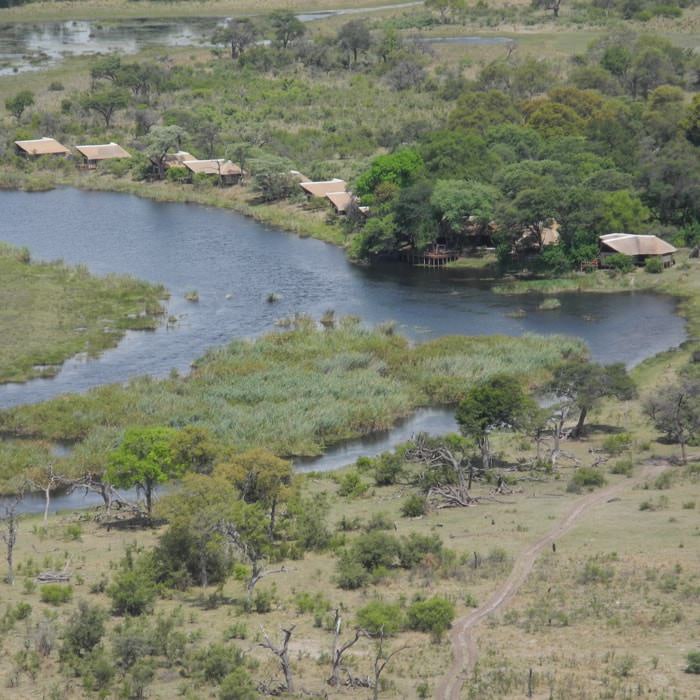
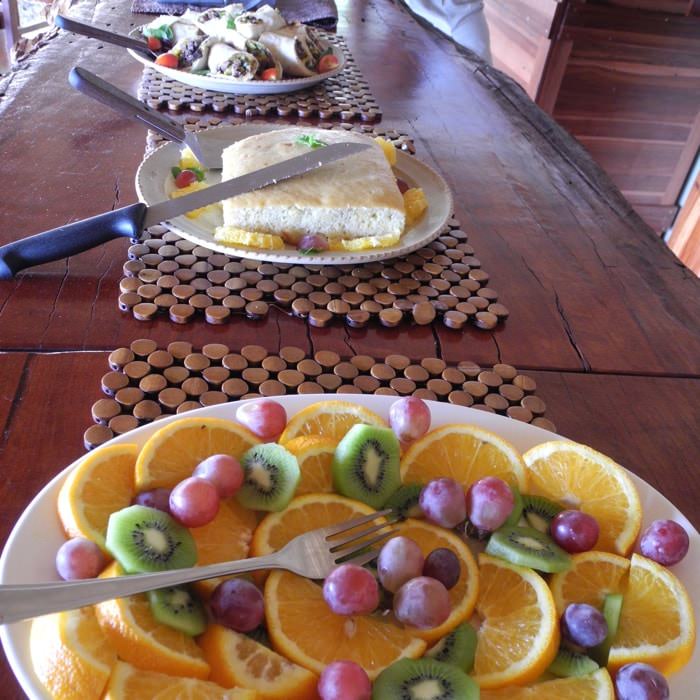
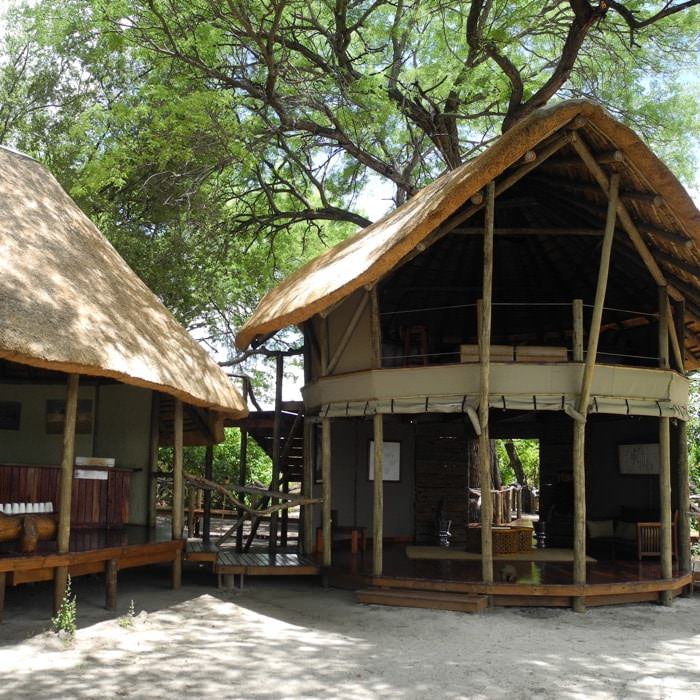
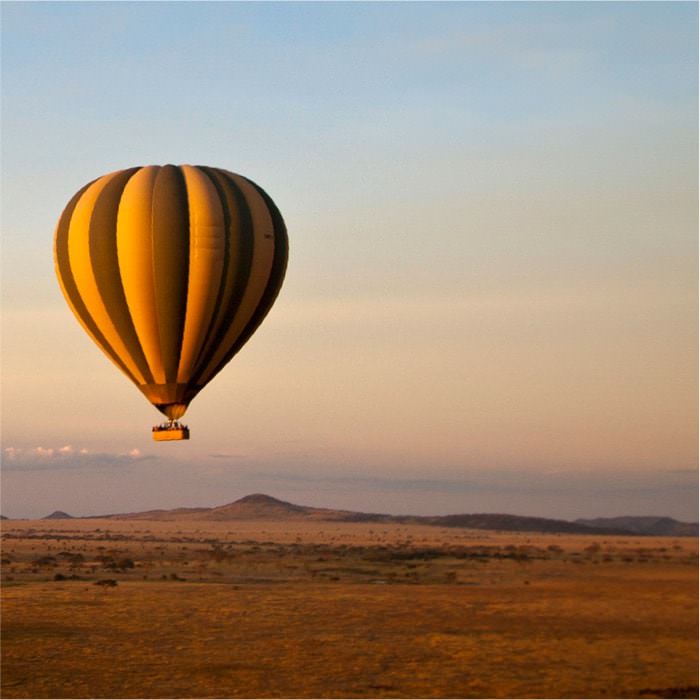
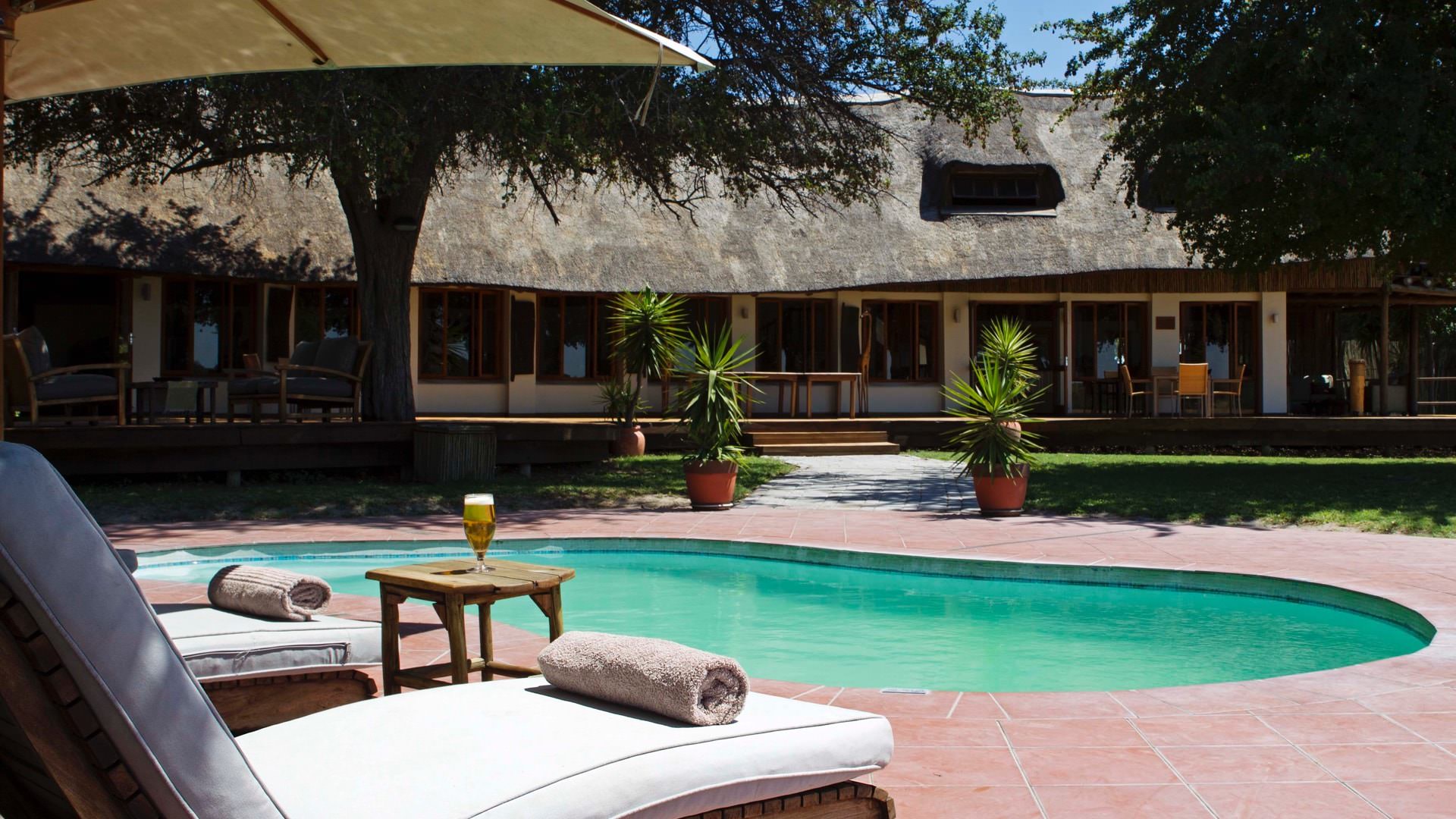
Expert Africa's gallery
When we travel we take lots of photos ourselves to give you a real and un-edited view of the safaris. See our 56 pictures of Etendeka Hiking Trail to get the candid view.
View gallerySafaris visiting Etendeka Hiking Trail
Just ideas, we'll always tailor-make a trip for you
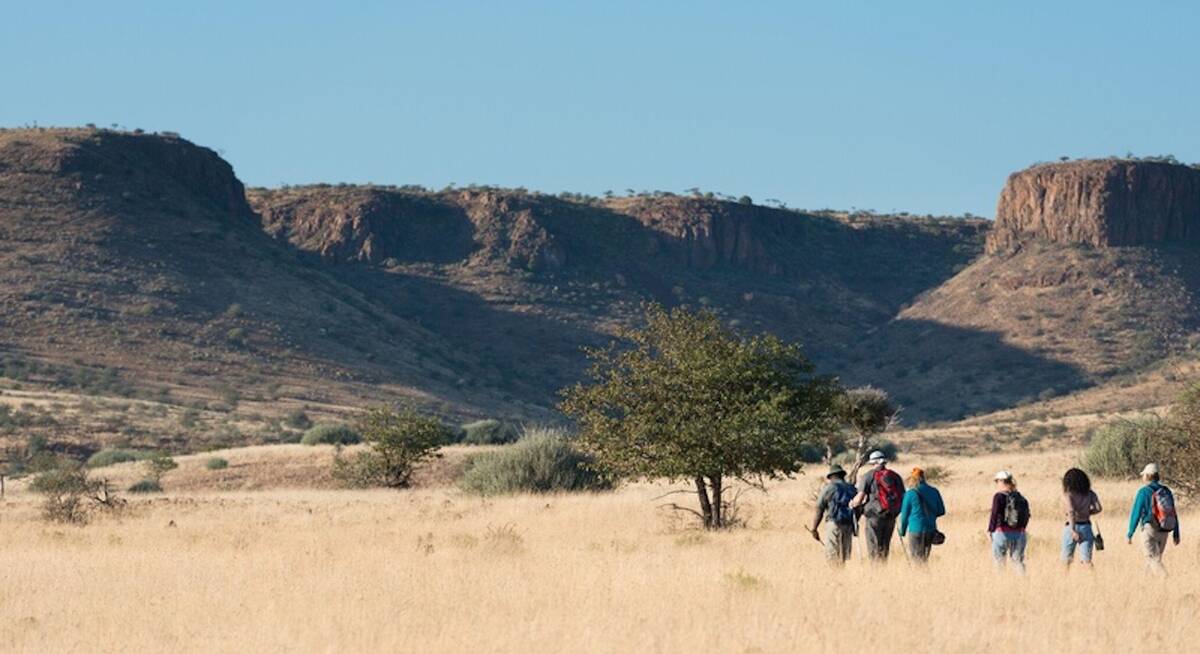
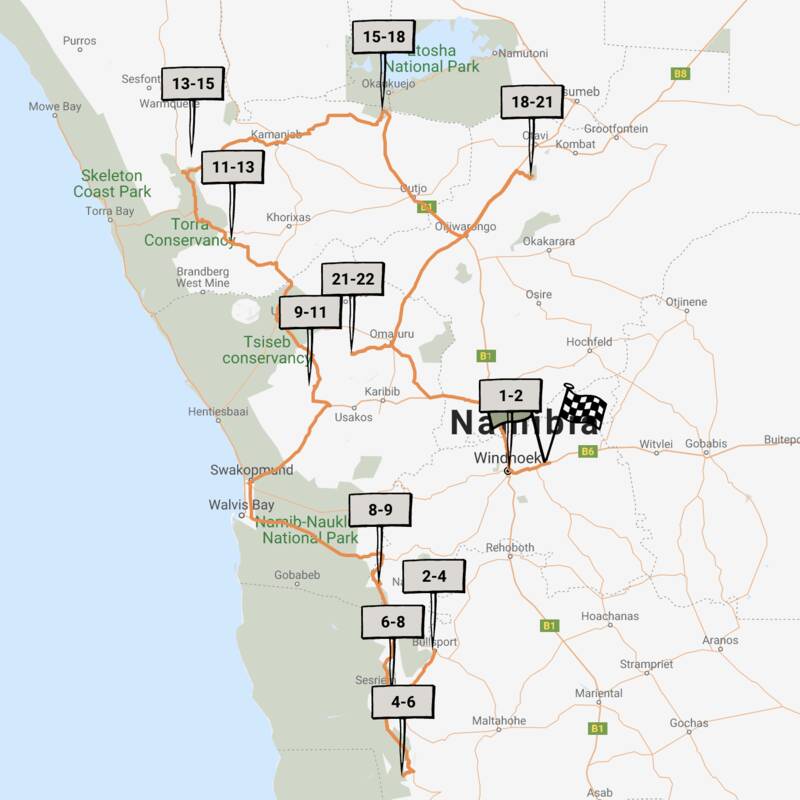
Chongololo Self-drive Safari
21 days • 11 locations • 1 country
WINDHOEK AIRPORT TO WINDHOEK AIRPORT
This self-drive safari focuses on the best walking experiences in Namibia. Get your boots ready for the apricot dunes of the Namib Desert and the ancient hills of Damaraland.
Visiting Central Highlands, Namib-Naukluft and 4 other areas
US$9,230 - US$10,190 per person
Etendeka Hiking Trail: Our full report
Trekking on foot though the hills of the Grootberg Massif promises travellers a unique perspective on one ...
... of Namibia's most remote and untouched wilderness areas. An expert guide will be on hand throughout the 3–4 day trail to point out the flora, fauna and geology of this harsh but surprisingly verdant and undeniably breathtaking landscape.
When we visited Etendeka Hill Camp in April 2025, we sadly didn’t have time to do the full trek, but spending the night at this hilltop camp was a magical experience in itself.
Perched high above the dramatic Etendeka landscape, the camp has simply breathtaking views: seemingly endless horizons of rugged beauty bathed in golden light.
Though the camp itself is refreshingly simple, it offers a rare kind of luxury: space, silence, and a deep connection to nature.
With just three staff members on hand, everything feels wonderfully personal. They prepared dinner and ensured camp was tidy and welcoming, adding to the sense of being cared for in such a remote, untouched place.
Sleeping under the stars with only the sounds of the wild around us, we felt completely immersed in the natural beauty of the environment. It was a night that reminded us of the power of stillness – and of how little we truly need to feel full and alive.
The trek itself, offered by the team from Etendeka Mountain Camp, promises an authentic and immersive wilderness experience. The guides, led by Dennis Liebenberg, have been exploring the 500km² Etendeka Concession since the early 1990s and their intimate knowledge of the region will provide hikers with a fascinating insight into one of Namibia's most iconic destinations. Although we have yet to experience the trail ourselves, we know the lodge and area well and are confident the multi-day trail is a unique and rewarding experience for those wanting to expand their horizons.
Typically the trail takes three days, and follows the itinerary below:
Day 1: Palmwag Lodge to River Camp
The adventure begins at 4.00pm with a departure from Palmwag Lodge. Here, walkers leave their vehicles and main luggage behind; this luggage is transported ahead to the first stop, River Camp.
The initial walk is a gentle 2–3 hour trek with your guide to ease you into the adventure, arriving at River Camp in time for a relaxed evening. Set beside a dry riverbed it’s a basic camp with only the very bare necessities: bucket showers, open-air buffet-style meals, and a chance to sleep out on raised platforms under Namibia's vast, star-studded sky.
Day 2: River Camp to Hill Camp
Following a light breakfast, day two takes you deeper into the concession with a walk of 15–20km. The day's reward is the spectacular view from Hill Camp, perched atop Crystal Mountain and surrounded by unique rock formations. Like River Camp, it offers a very back-to-basics wilderness experience, with open-air sleeping platforms and the same simple amenities. Again, your luggage will be transported for you, leaving you free to enjoy the walk with just a daypack.
Day 3: Hill Camp to Etendeka Mountain Camp
The final morning typically involves a short walk back to Etendeka Mountain Camp in time for a transfer back to Palmwag Lodge before the midday heat. For those who want to extend their adventure, an optional extra day of walking around Crystal Mountain can be arranged, with an additional night at Hill Camp. Alternatively, those looking for a slightly more comfortable base can extend their stay with a night or two at Etendeka Mountain Camp.
Preparing for your hike
The best time for this kind of hiking experience in Namibia is probably May to September, when you can expect warm days and cold nights. October to February are often the hottest months, while January to March have the highest potential for rain. Both high temperatures and high rainfall at this time of year may mean the itinerary for the trail is adjusted.
A very good level of fitness is essential, as the terrain can be demanding, and daytime temperatures can be high.
In terms of equipment, a well broken-in pair of comfortable hiking boots, sunscreen, hat and sunglasses are must-haves. A torch or head-torch, camera, binoculars and walking poles are also highly recommended.
As temperatures can drop below freezing at night, be sure to pack layers for the evening. On the plus side, remember that your main bags will be transported for you so you don't need to carry everything in your daypack.
At both River Camp and Hill Camp, you’ll find just five open-air sleeping platforms, each equipped with a bed roll: pillow, cotton linen and down duvet. Each platform has its own toilet and basin, with communal bucket showers nearby; eco-friendly toiletries are provided. The platforms also come with retractable awnings, perfect for shade during the day, but easily stowed away for a clear view of the night sky.
There are no battery-charging facilities during the trek, so guests should ensure their cameras and devices are fully charged before starting out.
Activities
Birdwatching
Fly-camping
Guided walking safari
Private activities
Sleeping under the stars
Families & children
- Attitude towards children
- No children under 12.
- Property’s age restrictions
- Children under 12 years old are not accepted. If children over 12 years old, they must be capable of completing the walking experience.
- Special activities & services
- None
- Equipment
- None
- Generally recommended for children
- Not recommended.
- Notes
- Not recommended.
Food & drink
- Usual board basis
- Full Board & Activities
- Food quality
- All meals at Etendeka Hill Camp are served buffet-style, with a relaxed, help-yourself set up that perfectly suits the laid-back wilderness atmosphere.
During our stay at Hill Camp in April 2025, we enjoyed a hearty home-cooked dinner of mashed potatoes, broccoli and tender meatballs – simple, satisfying and full of flavour. Dessert brought a nostalgic touch: sweet tinned peaches with warm custard, just like something from a childhood memory.
Breakfast was equally comforting, with scrambled eggs and crispy bacon served straight from a camp-style skillet, alongside yoghurt, toast and coffee or tea to set us up for the day ahead. It was honest, unfussy food—made with care and served with a smile.
A packed lunch is provided during trekking days, usually eaten in the shade of a tree. - Dining style
- Group Meals
- Dining locations
- Outdoor Dining
- Further dining info, including room service
- Dinners are usually enjoyed around the open fire pit, breakfast and packed-lunch, under the shade of a tree during the trek.
- Drinks included
- Not included.
Our travellers’ wildlife sightings from Etendeka Hiking Trail
Since mid-2018, many of our travellers who stayed at Etendeka Hiking Trail have kindly recorded their wildlife sightings and shared them with us. The results are below. Click an animal to see more, and here to see more on our methodology.

100% success

80% success

80% success

25% success

0% success

0% success

0% success

0% success

0% success

0% success

0% success
Getting there
- Location
- Damaraland, Namibia
- Ideal length of stay
- The trail lasts 2-3 nights although travellers may choose to add a night at Etendeka Mountain Camp for a bit of R&R after the walk.
- Directions
- The start and end point for the walking trail is Palmwag Lodge.
- Accessible by
- Self-drive
Special interests
- Scenic walking & hiking
- The stunning scenery, expert guiding and raw wilderness experience of the Etendeka Walking Trail promises to be one of the most challenging and rewarding hiking experiences in Namibia.
- See ideas for Scenic walking & hiking in Namibia
Communications
- Power supply notes
- No electricity or charging facility available on camps.
- Communications
- No internet.
The guides have hand held radios to stay in touch with the camp if first aid or evacuation support is necessary. - TV & radio
- None
- Water supply
- Borehole
- Water supply notes
- Bathrooms equipped with bucket showers.
Health & safety
- Malarial protection recommended
- Yes
- Medical care
- Patients in need of medical assistance would be driven back to Palmwag Lodge, or in an emergency flown to Windhoek, which would take about four hours.
Walking with an armed guide: at Expert Africa we strongly believe that when walking in an area with dangerous wildlife, it is normally important that you are accompanied by a trained and armed guide to protect you should you have a close encounter. While dangerous wildlife, such as lions, leopards, rhinos and elephants are found in the area around Etendeka, their densities are low and the terrain is generally very open. As such the chances of an unexpected encounter these animals is very slim.
The guides at Etendeka are experienced and highly skilled, but they don't carry rifles on walking safaris.
Given the circumstances, we believe that the walks here are as safe as the walking safaris that we offer elsewhere, where guides are armed, the bush is thicker and wildlife densities are higher. However, if you have any concerns, please don't hesitate to discuss them with the team at Expert Africa. We would be happy to look at another experience for you to enjoy in Namibia if this doesn’t feel suitable. - Dangerous animals
- Moderate Risk
- Fire safety
Useful info
- Disabled access
- On Request
- Laundry facilities
- None
- Money
- None
- Accepted payment on location
- None
Plan and book your trip with Expert Africa
All of our trips are tailor-made, so we'll always adapt them to suit you. Talk to an Expert and let us plan and arrange your perfect trip.

Talk to an Expert
Call or email us now! We’ll match you with the Specialist in our team who is best suited to help you. Then together we can start planning your trip.

Set up your itinerary
Based on our experience and your ideas, your specialist will create a detailed, costed itinerary. We’ll refine it together, until we have a trip that you’re perfectly happy with.

Prepare for your trip
The same Specialist will make the seamless arrangements for your trip, send you detailed travel documents, and be available to answer any questions before you depart.

Travel with peace of mind
After you set off, you’ll be cared for by our partners in Africa, most of whom have worked with Expert Africa for decades. And if you ever need us urgently, we’re available 24/7.

When you return
We love to learn about your trip, and so will always be grateful if you’ve the time to give feedback to your Specialist when you return.
Etendeka Hiking Trail's location
Look closer at the environment and surroundings of Etendeka Hiking Trail.
Other lodges in Damaraland
Alternative places to stay in this same area.
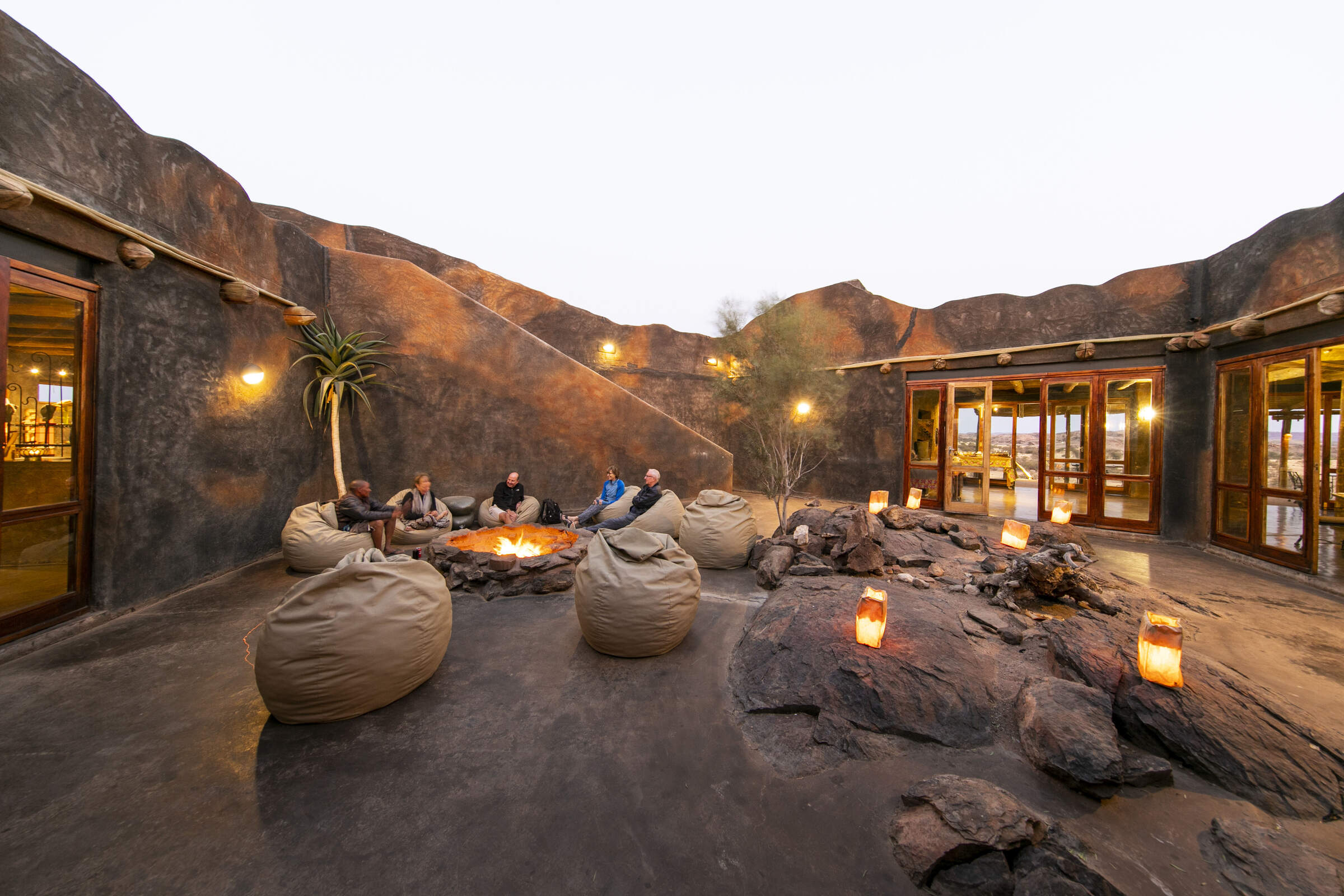
Doro Nawas
Comfortable rooms and a convenient location make the community run Doro Nawas a great base for exploring Damaraland.
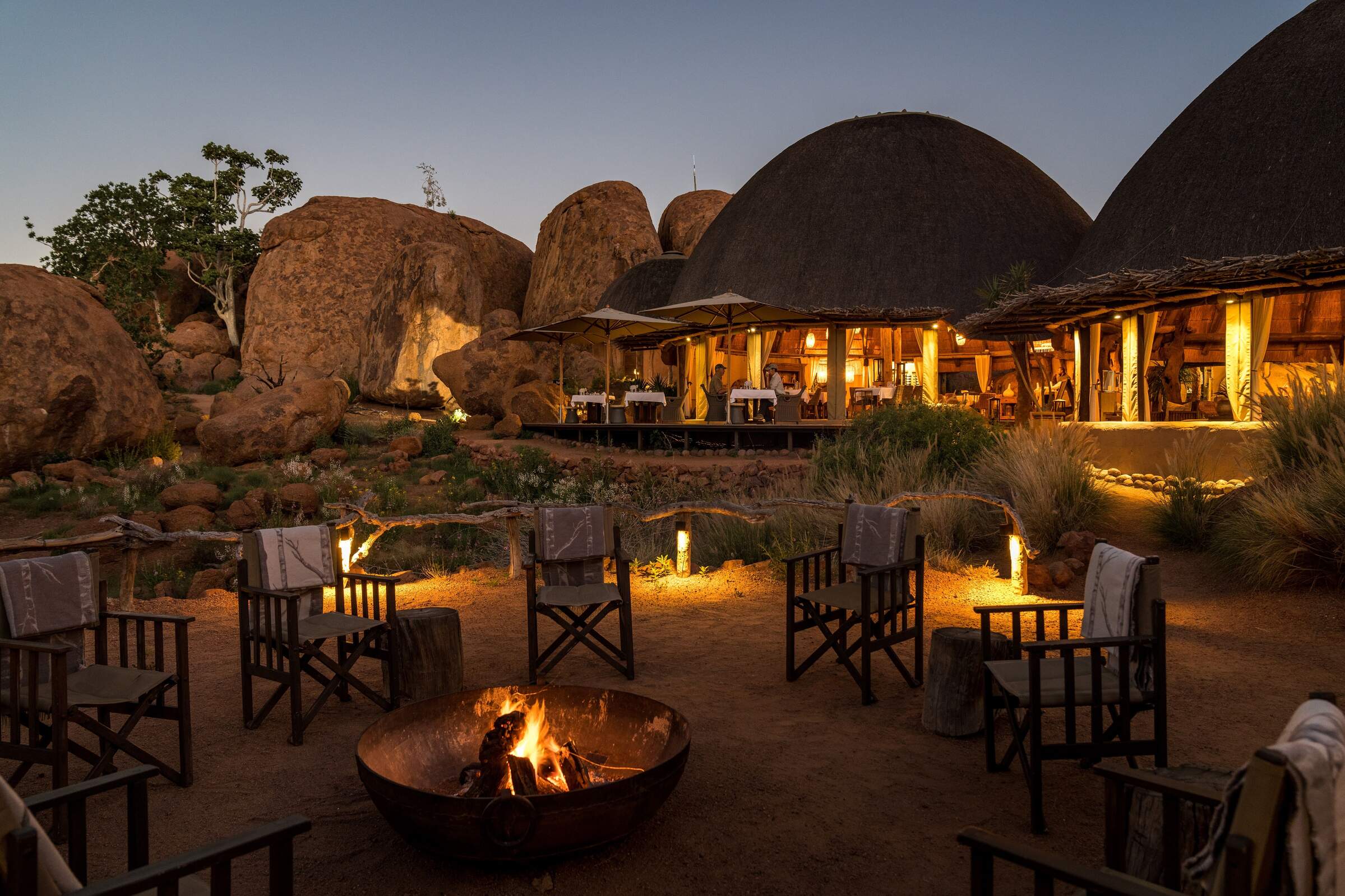
Mowani Mountain Camp
Mowani is a beautiful and stylish mountain retreat in southern Damaraland; it makes a great base for visits toTwyfelfontein.
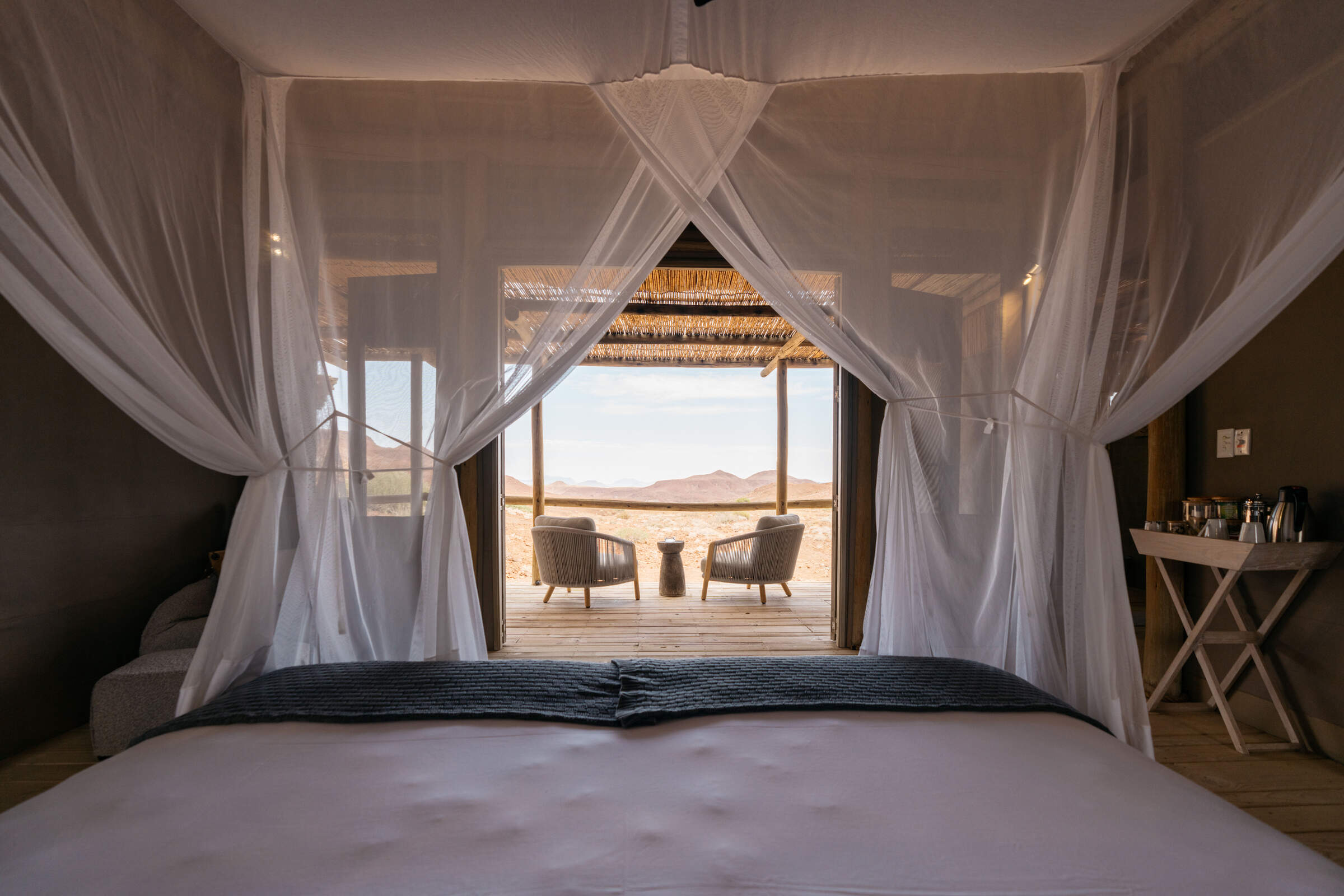
Damaraland Camp
Setting the standard for community partnerships, Damaraland Camp offers a beautiful location, a range of activities – and a genuine welcome.
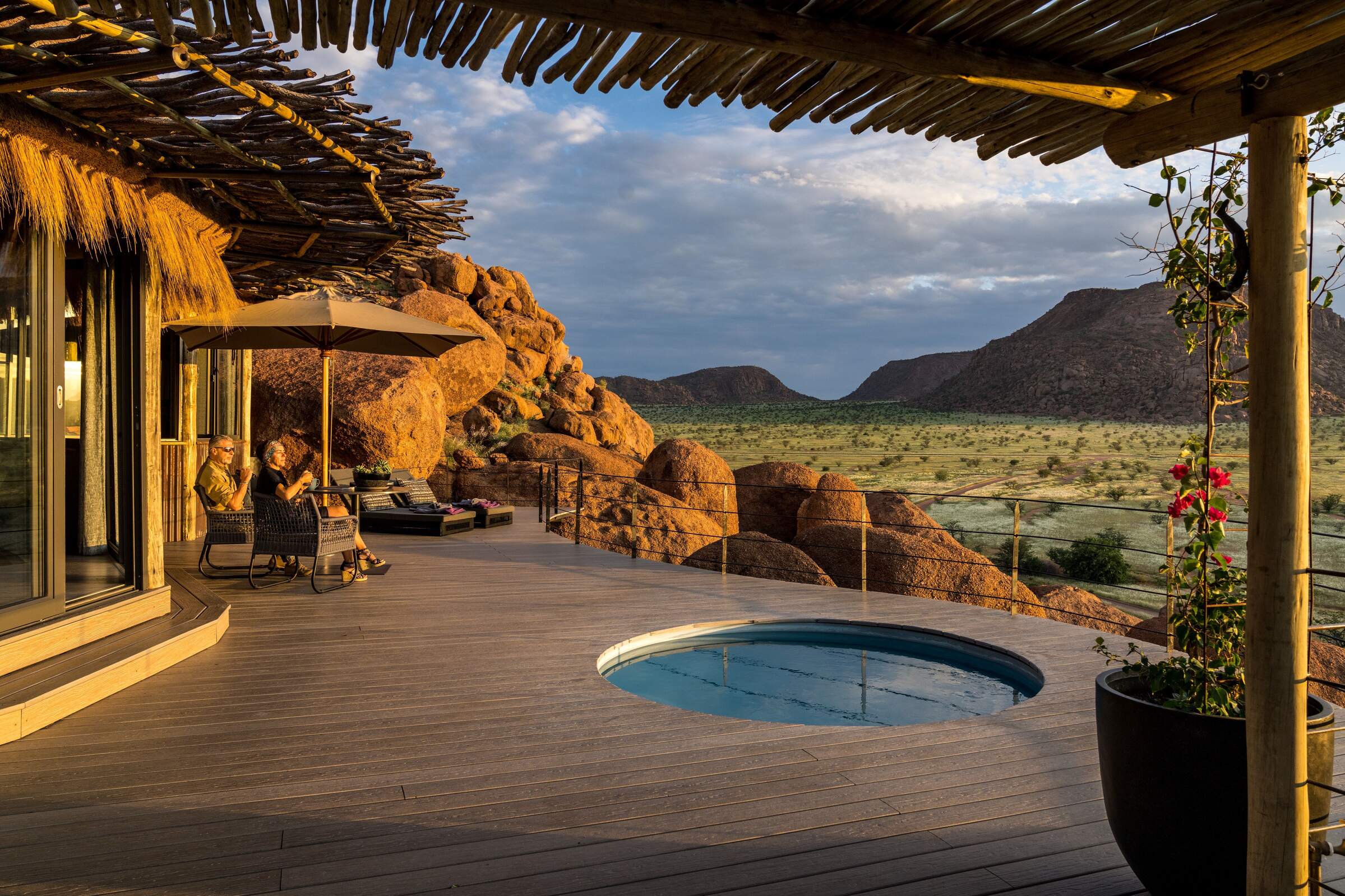
Camp Kipwe
With unusual, igloo-like rooms, open-air bathrooms and beautiful scenery, Camp Kipwe is well placed for nature and cultural excursions.
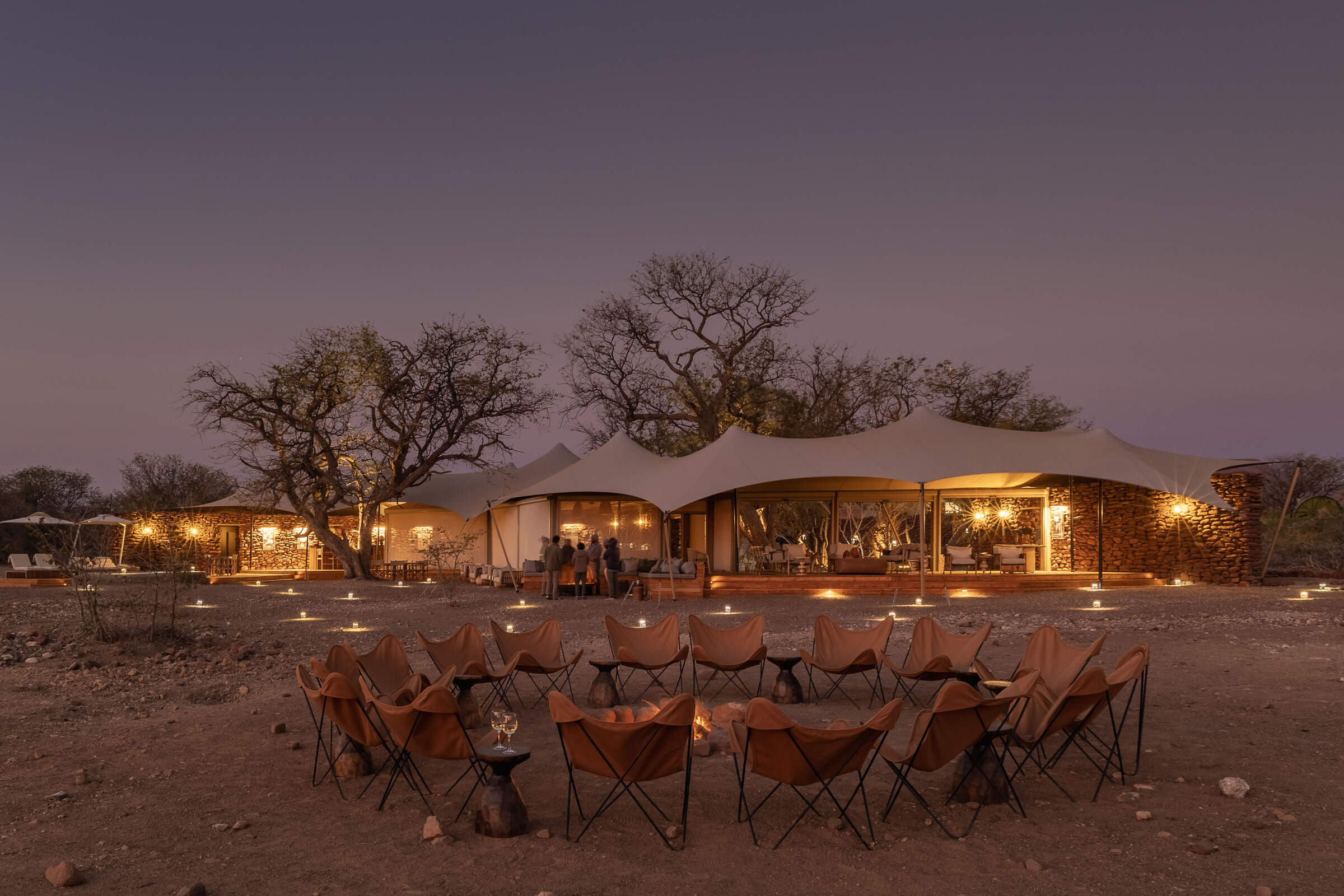
Desert Rhino Camp
Desert Rhino Camp offers a rare opportunity to track black rhino on foot in one of the last true wilderness areas – an amazing experience.
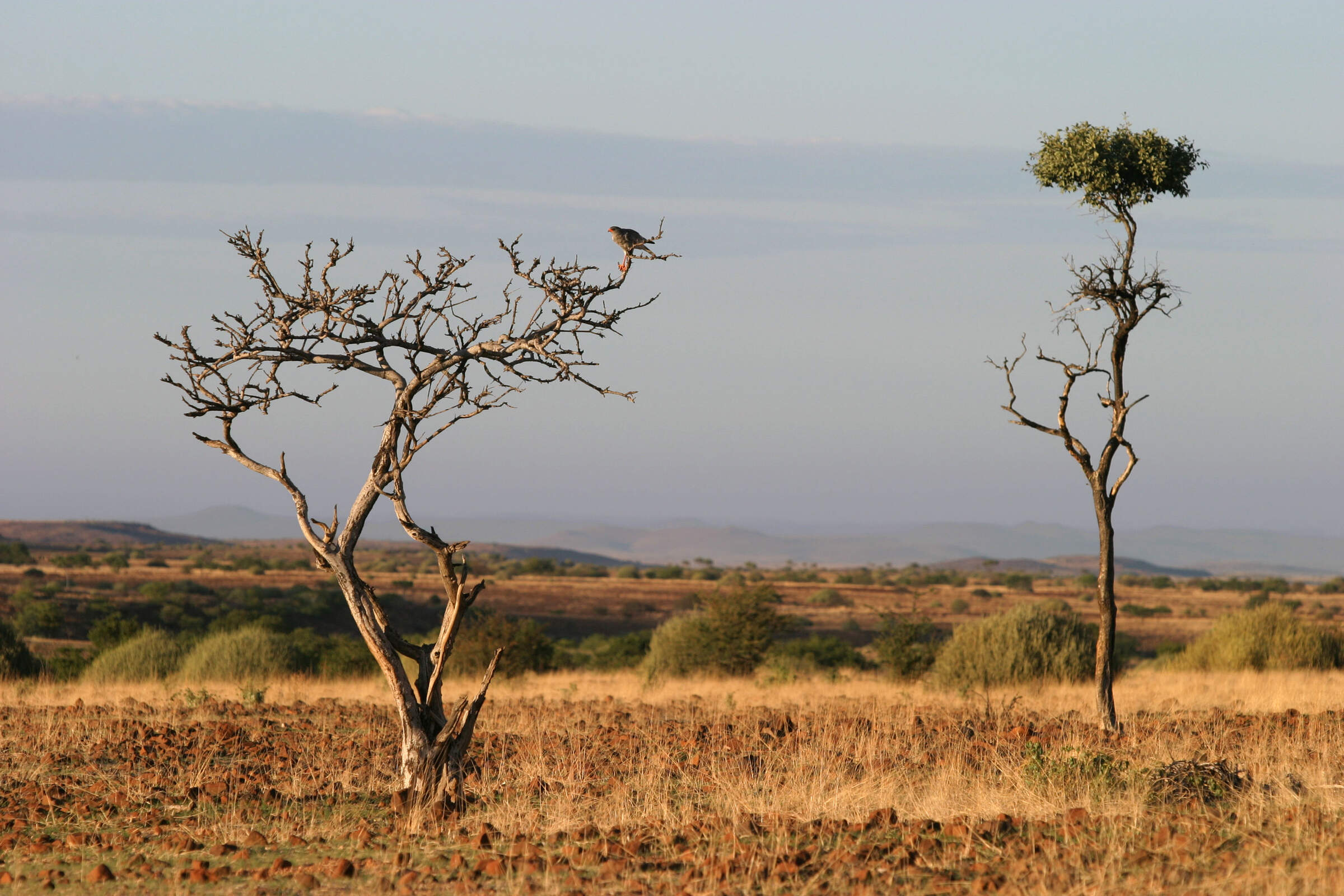
Etendeka Camp
Etendeka is an owner-run camp in the remote and less visited north of Damaraland. The camp is renowned for it's spectacular guided walking trails.
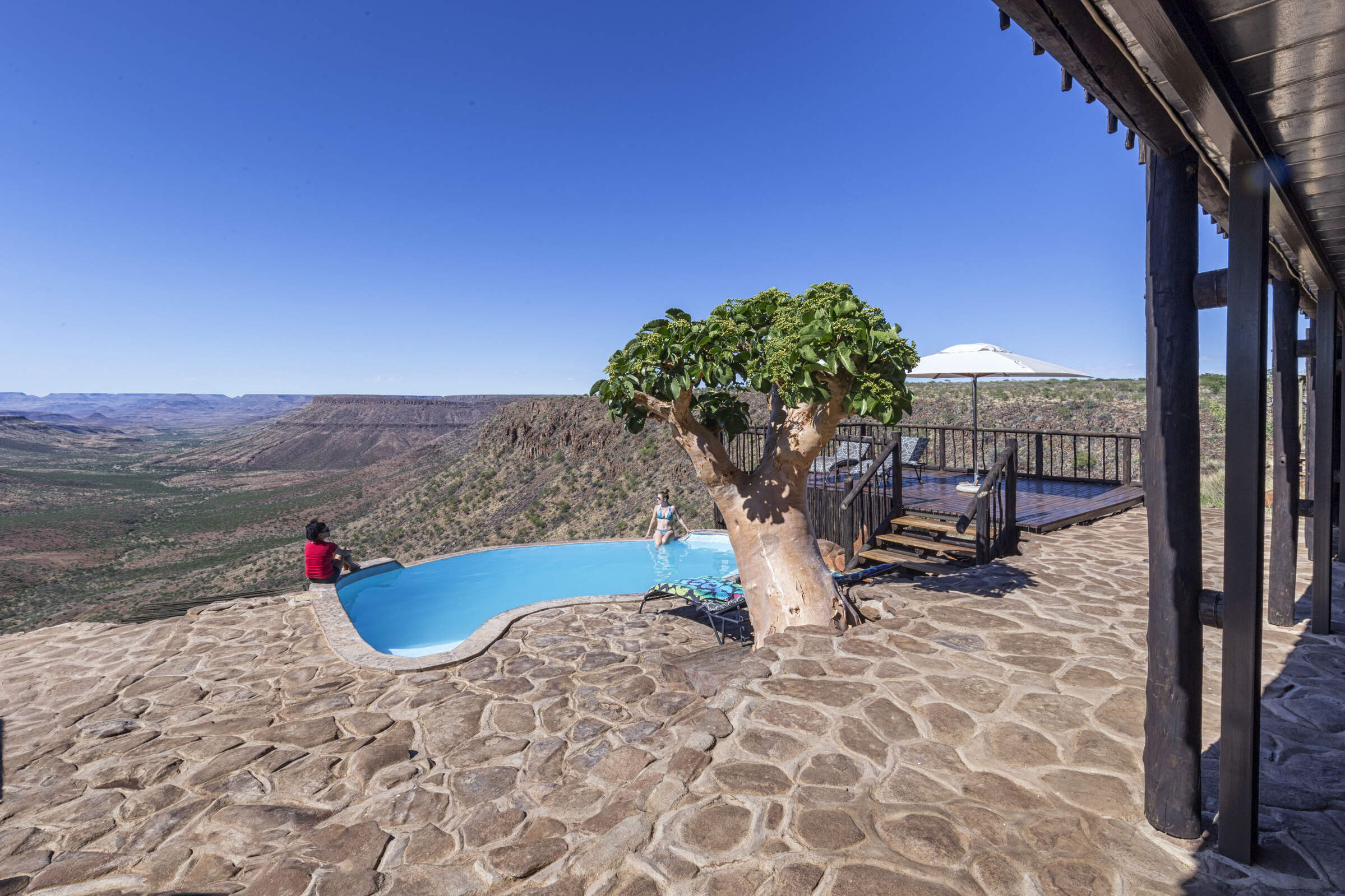
Grootberg Lodge
On the edge of an ancient plateau Grootberg Lodge has a stunning location and arguably the best views of any lodge in Namibia.
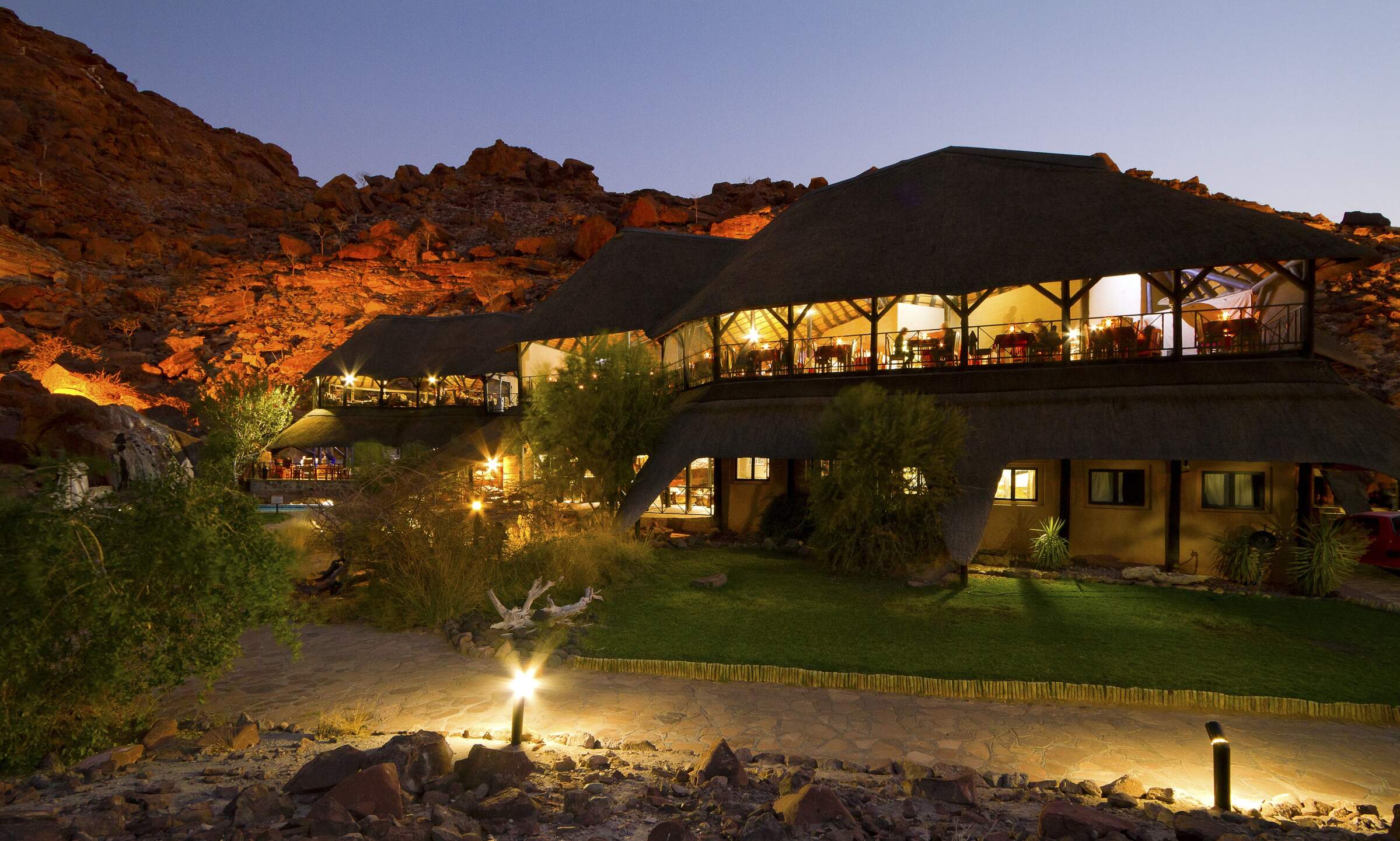
Twyfelfontein C'try Lod.
A large lodge set among the rocks, Twyfelfontein Country Lodge is a convenient base for visiting the rock engravings, which are only 4km away.
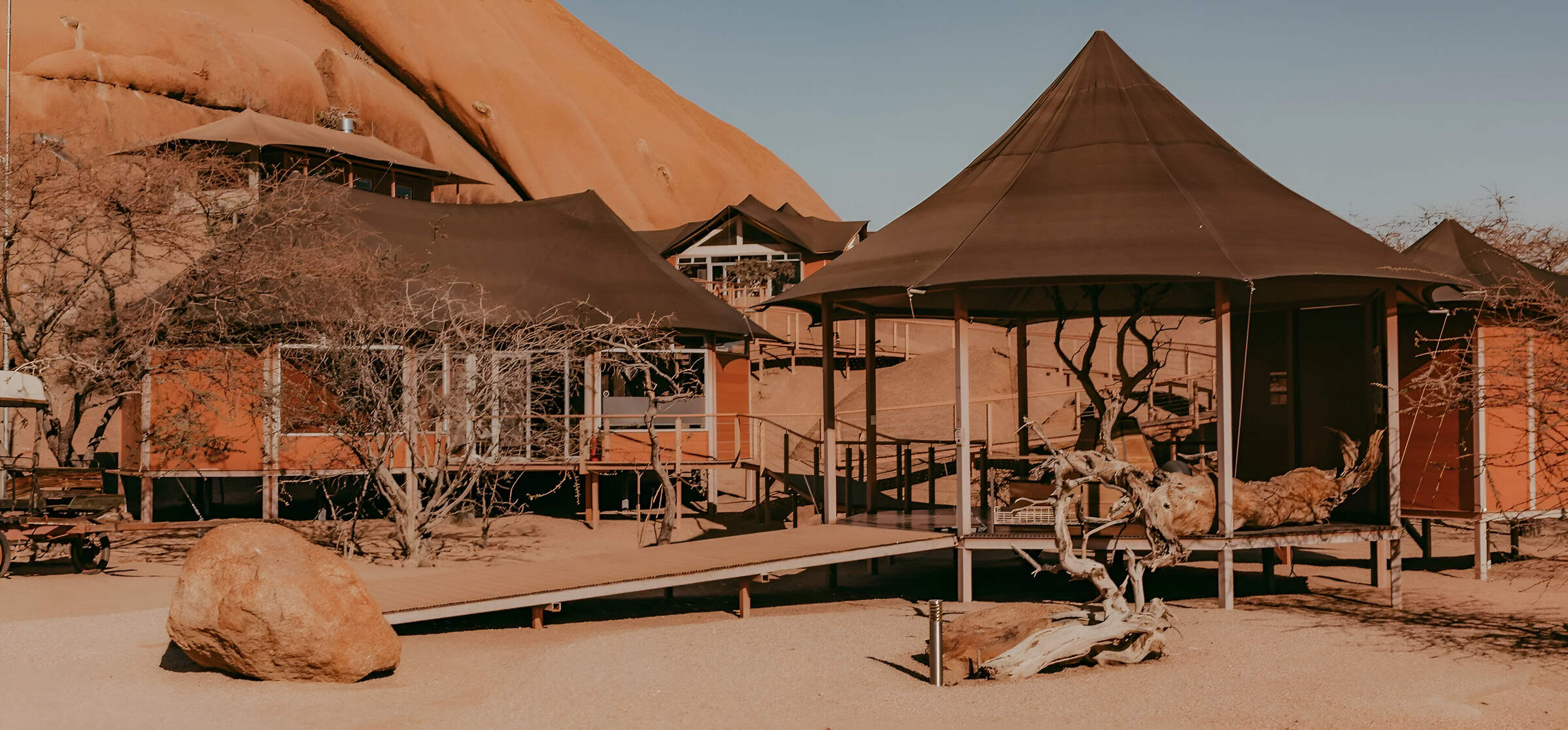
Spitzkoppen Lodge
Spitzkoppen Lodge provides stylish accommodation in an area of scenic grandeur with guided access to sites of ancient Bushman rock art.
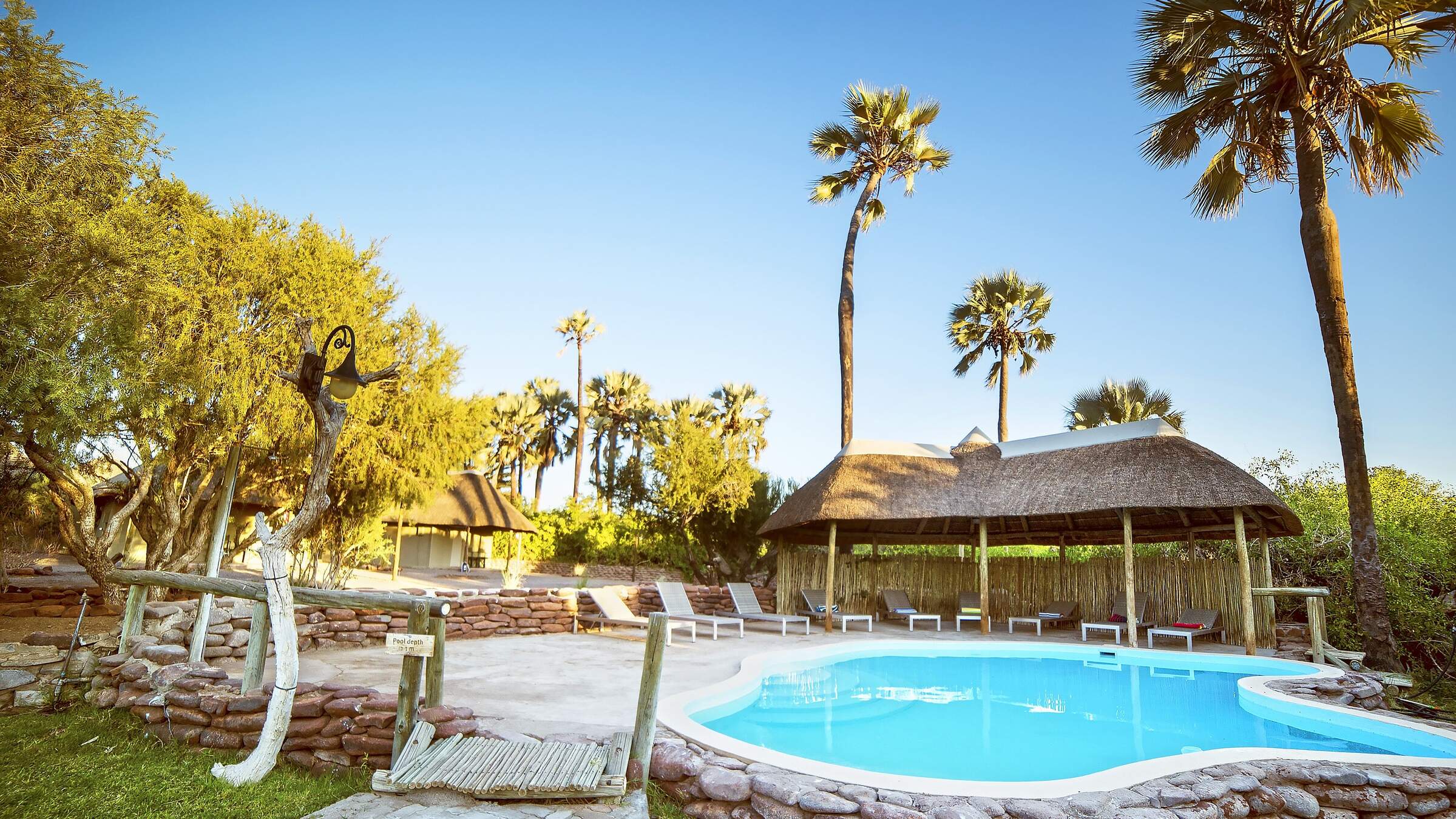
Palmwag Lodge
Palmwag Lodge has a great location by a spring in the Uniab River and offers access to an area where you can see a variety of desert-dwelling animals.
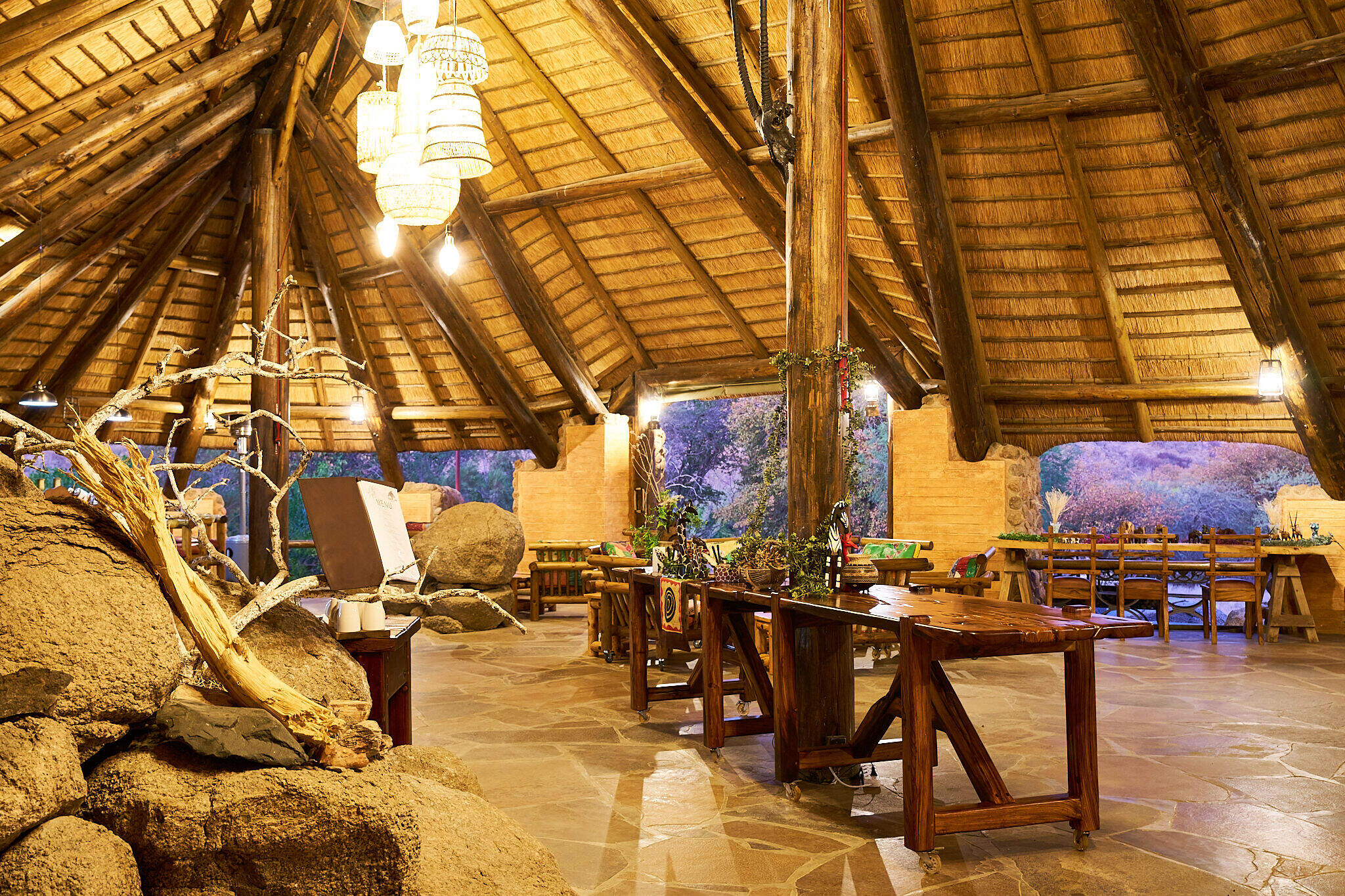
Huab Lodge
Huab is a classic little Namibian Lodge which is slightly off the beaten track in a lesser visited part of Damaraland.
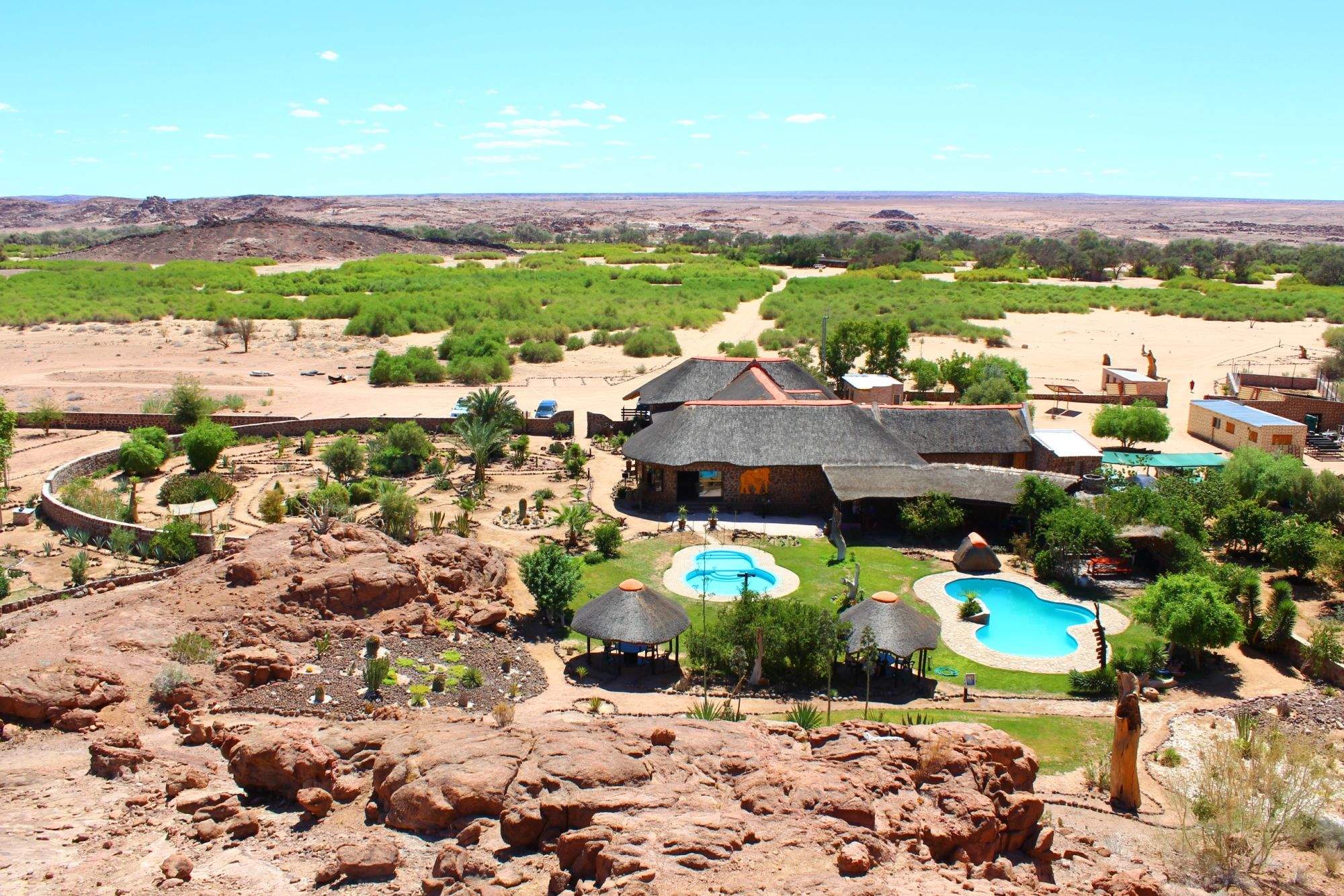
Brandberg White Lady
Brandberg White Lady Lodge, nestled at the foot of its namesake, makes a good base from which to visit bushman rock paintings including the 'White Lady'.
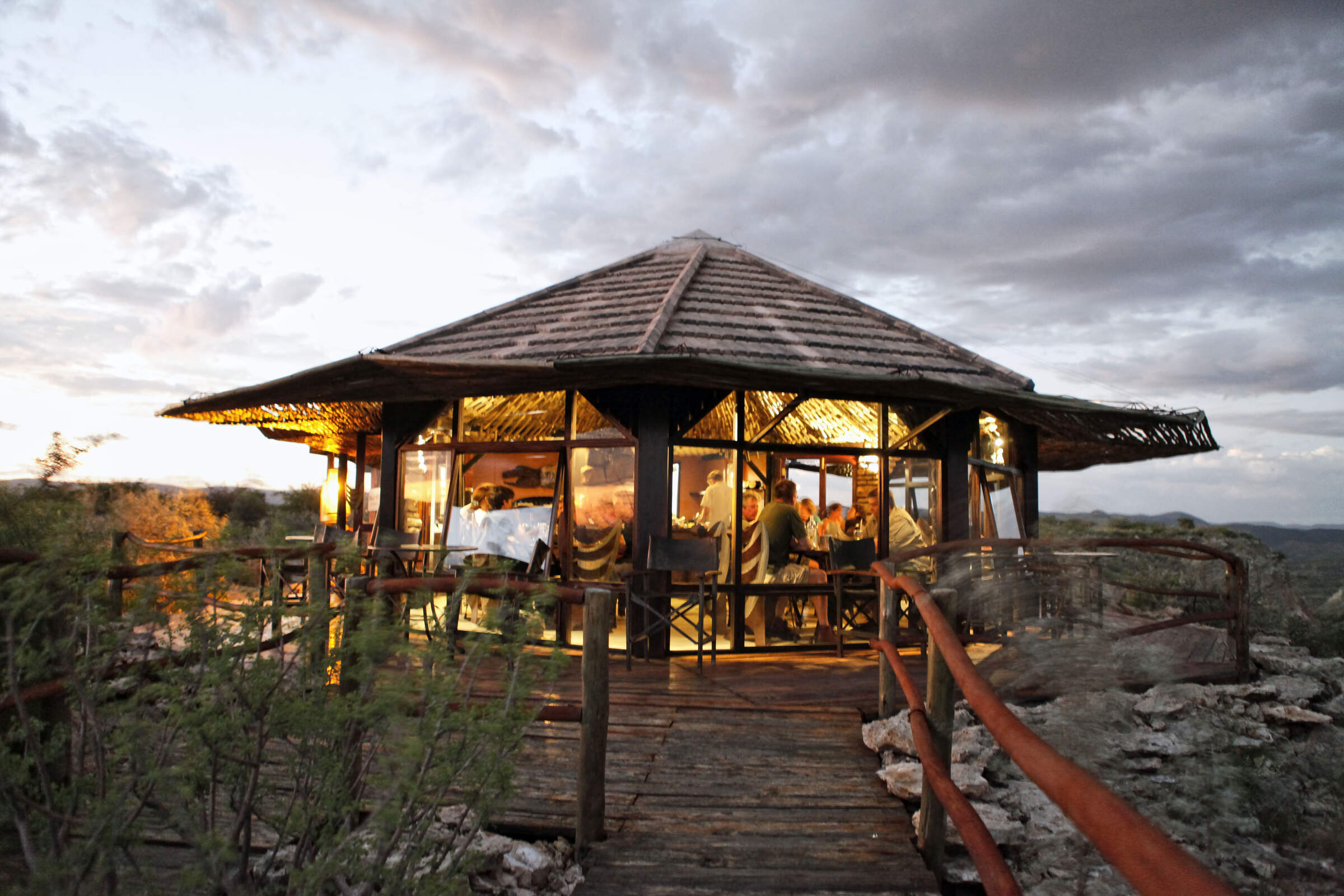
Vingerklip Lodge
Vingerklip Lodge occupies a lovely location, but is a little too far east for guests to visit Damaraland's main attractions.
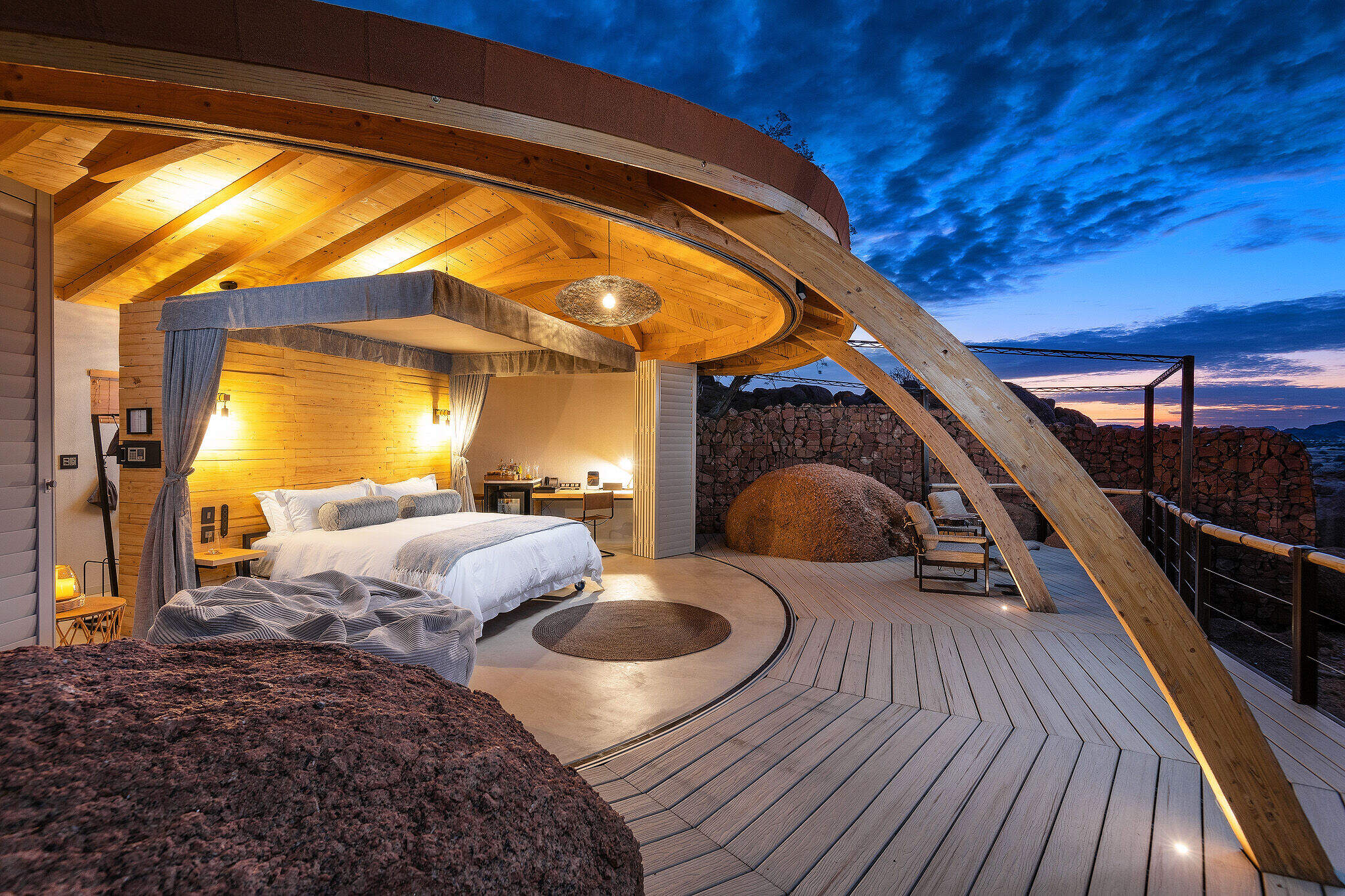
Onduli Ridge
Onduli Ridge is a luxurious, low-impact luxury camp offering top-notch guiding in a remote wilderness area of Damaraland.
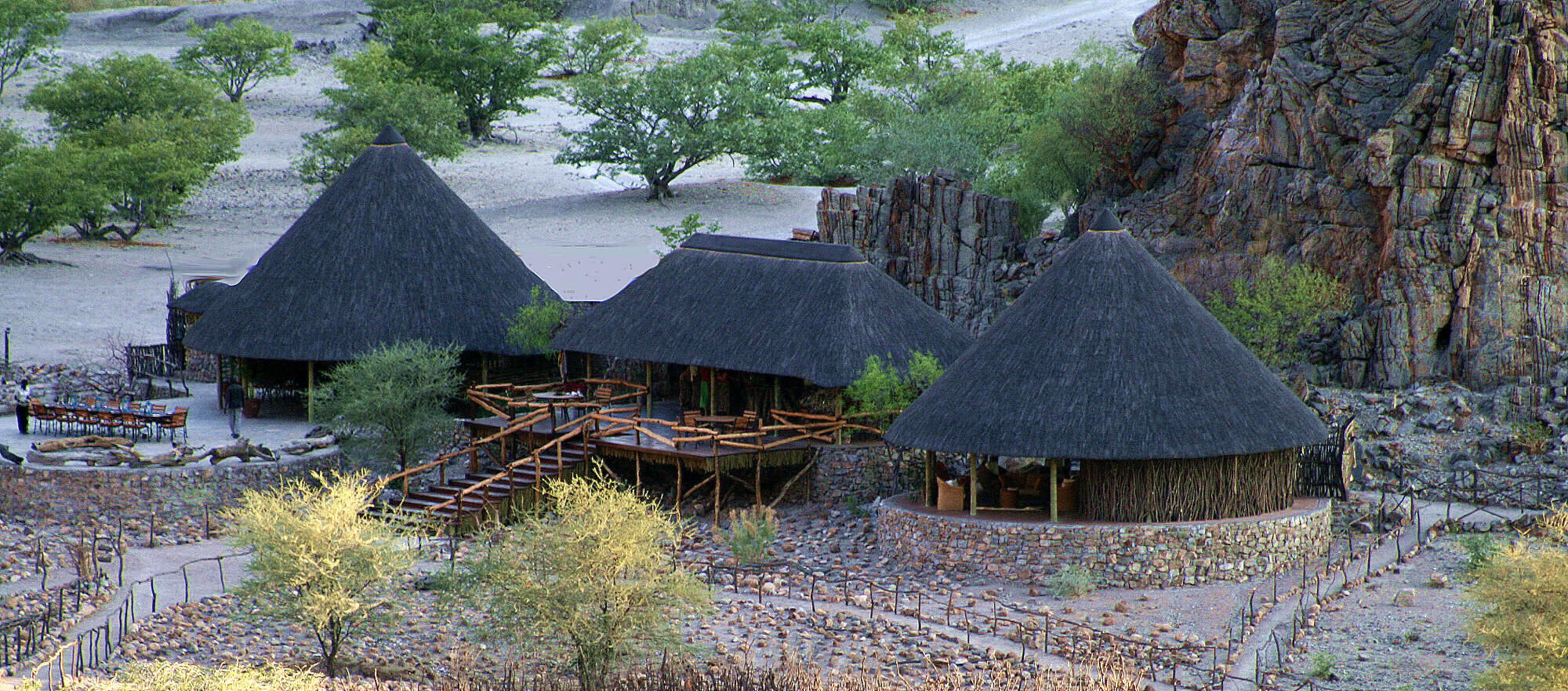
Khowarib Lodge
Khowarib Lodge has a great location overlooking the Hoanib River. This is one of the few places to offer authentic Himba village visits.
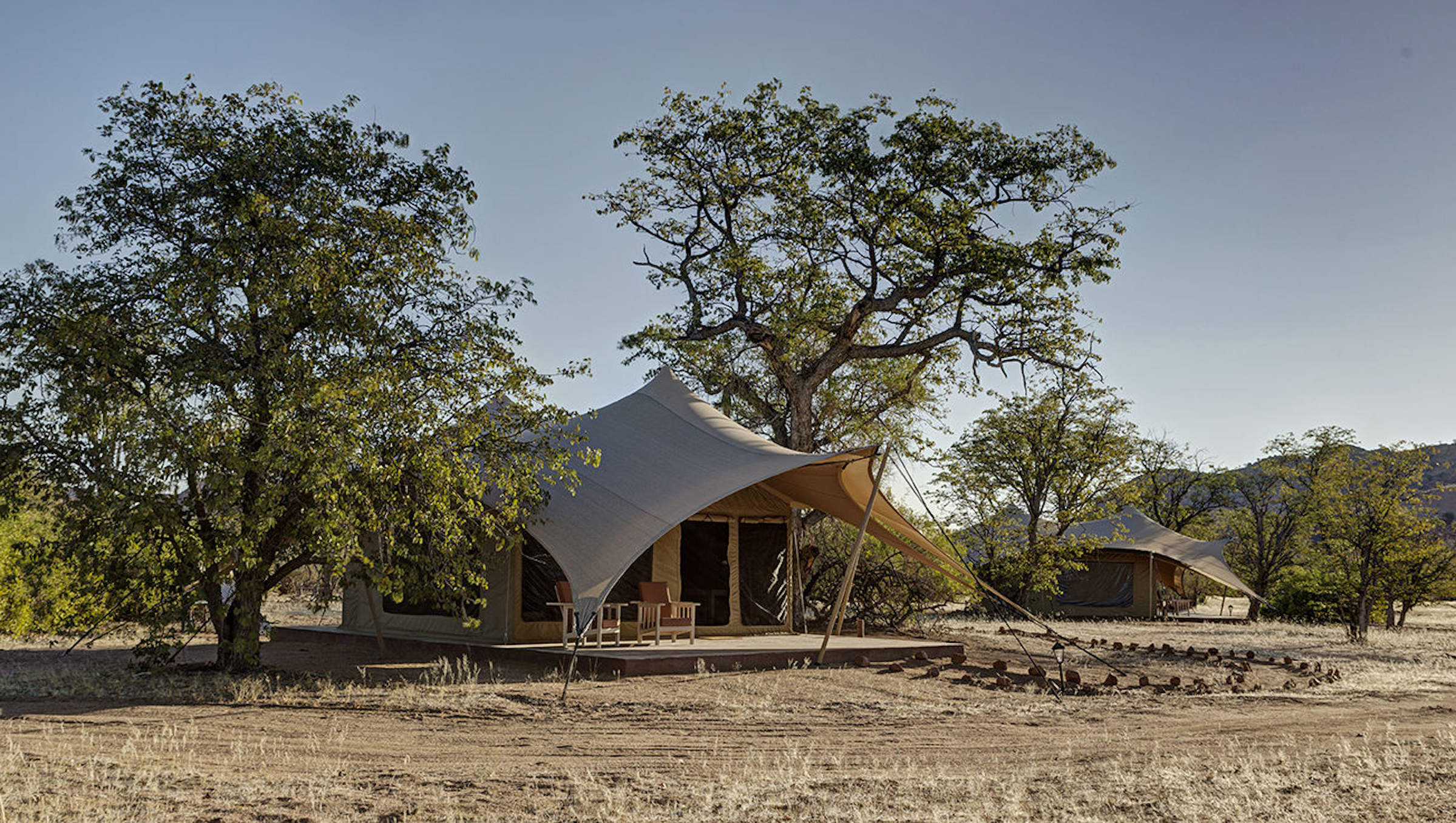
Malansrus Camp
Within easy reach of Twyfelfontein, Malansrus offers a simple but comfortable base for visits to the rock engravings or seek out desert-adapted elephants.
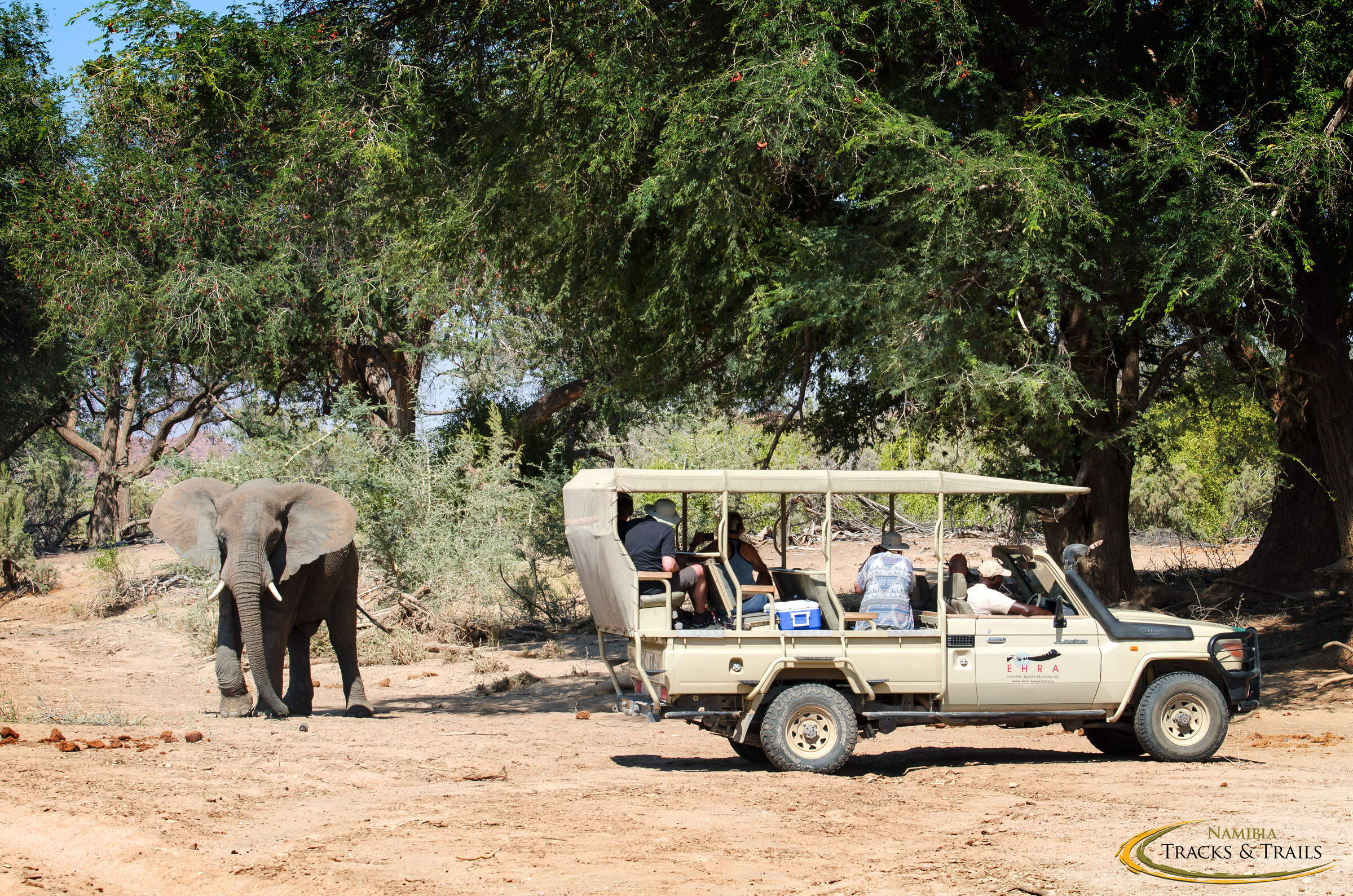
Ozondjou Trails
The simple Ozondjou Trails gives a unique perspective on living with Damaraland’s desert-adapted elephants and how tourism is key to protecting them and the livelihood of the people.
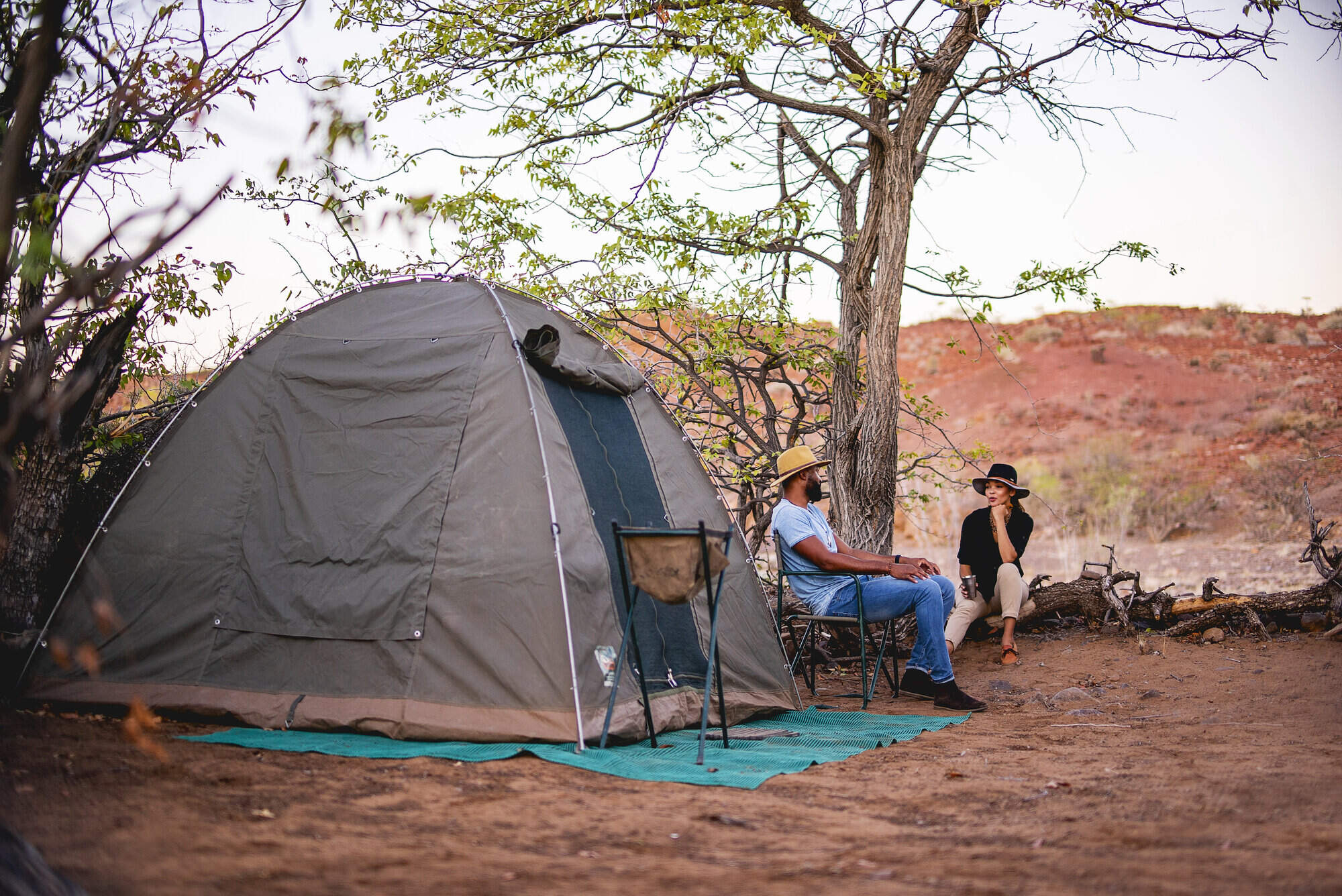
Palmwag Sleep-out
Palmwag Sleep-out is a simple camping experience and a great way to enjoy the remote beauty of the vast Palmwag Concession
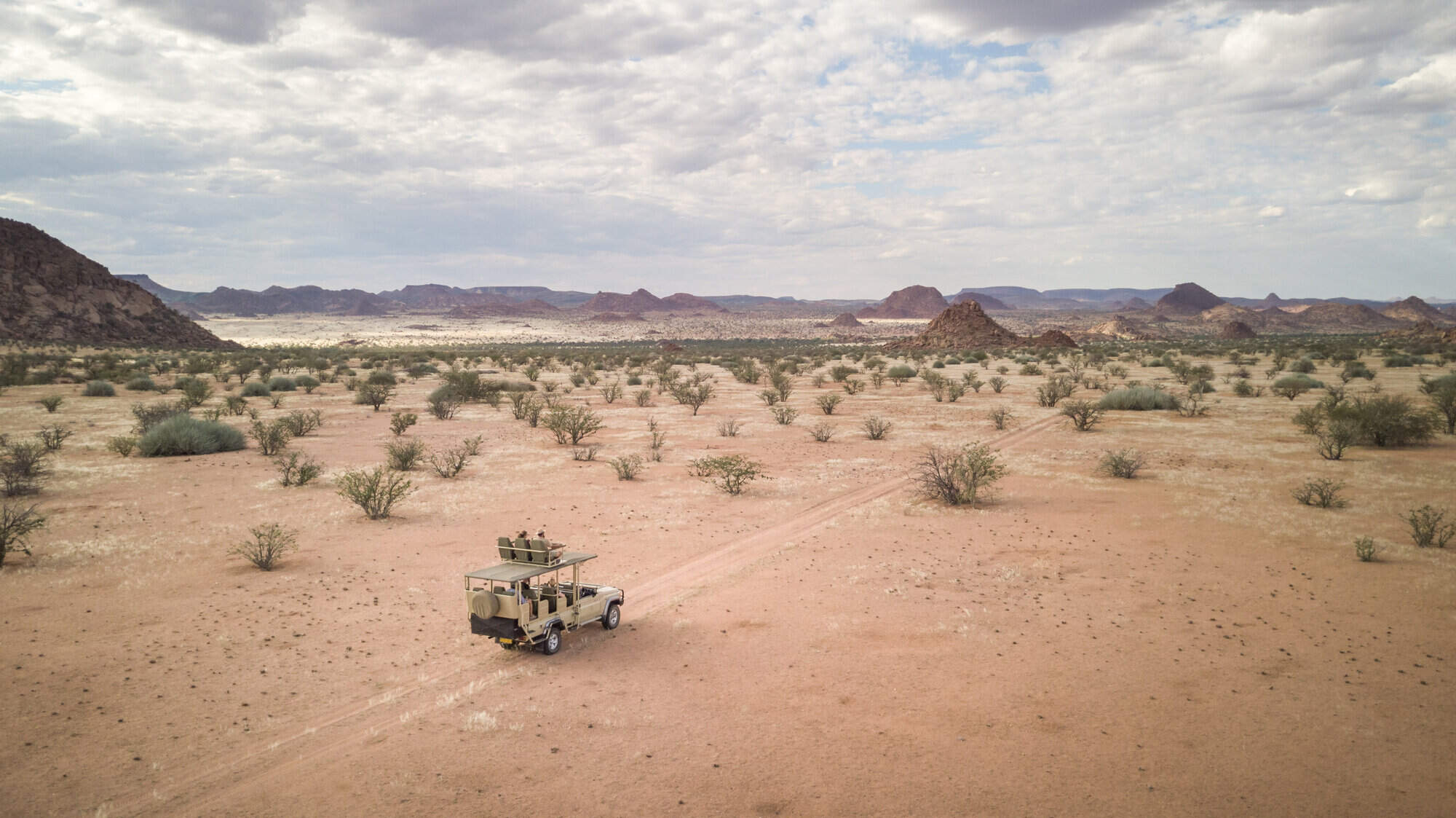
Camp Doros
Small, intimate and with excellent eco-credentials, Camp Doros is set above an ephemeral river within a remote community concession of Damaraland.
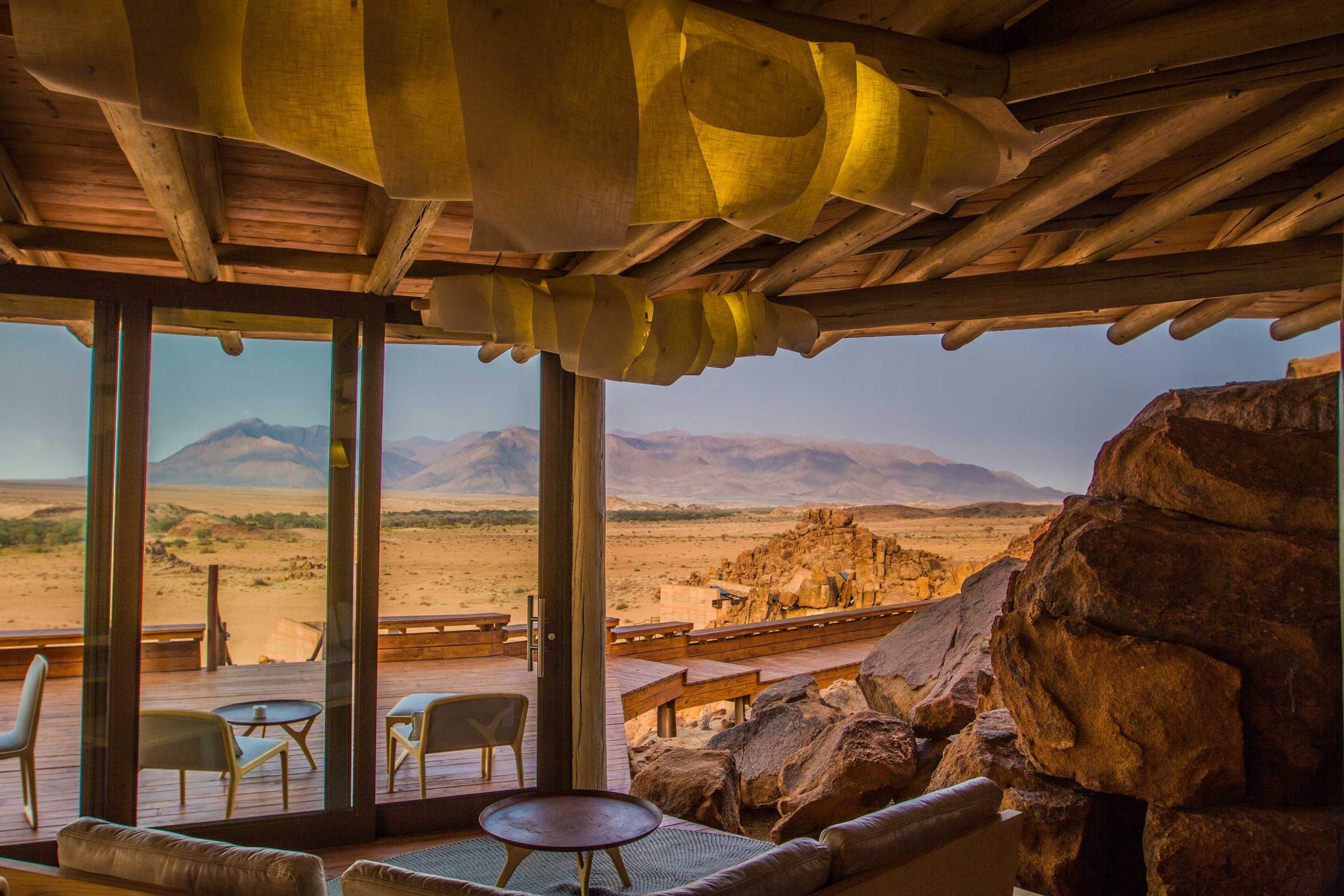
Sorris Sorris Lodge
Overlooking the Brandberg Massif, Sorris Sorris is probably the most luxurious lodge in southern Damaraland.
When to go to Damaraland
Our month by month guide: What it's like to visit Etendeka Hiking Trail in Damaraland
Jan
Feb
Mar
Apr
May
Jun
Jul
Aug
Sep
Oct
Nov
Dec
Damaraland in January
In Damaraland, January marks the start of the rainy season. The rains, though often light and localised, bring life to the desert landscape.
At Twyfelfontein, the rock engravings glisten after sporadic showers. Some days are clear and hot, with temperatures around 30°C/86°F, while others see dramatic thunderstorms. These can create flash floods in ephemeral riverbeds like the Ugab, temporarily transforming the arid terrain. The greening landscape provides a refreshing backdrop for the ancient rock art at Brandberg Mountain.
Many birds in the region are in full breeding plumage, with migrant species adding to the variety. Wildlife, including the desert-adapted elephants, disperses across the rejuvenated landscape, making sightings more challenging, but rewarding. The Damara Living Museum offers insights into how local communities adapt to these seasonal changes.
- Variable weather: hot, dry or humid with rain
- Occasional localised thunderstorms
- Wildlife dispersed, harder to spot
- Stark mountains against atmospheric skies
- Few tourists, low rates at accommodations
Our view
This is not a great time to visit
Weather in January
Damaraland in February
February is typically the wettest month in Damaraland, though rainfall remains patchy across this predominantly arid region.
The Spitzkoppe granite peaks against thunderous, atmospheric skies create dramatic vistas for photographers. Some days are clear and hot, while others see afternoon thunderstorms that briefly but dramatically charge the landscape. These rains can make travel more challenging, especially to remote sites like the Epupa Falls. However, the landscape feels vibrant and alive, with insects and smaller animals more easily spotted, and seasonal flowers blooming. Many birds and animals are raising their young, offering unique wildlife viewing opportunities.
Despite the rains, the rock art at Twyfelfontein and the Petrified Forest remain accessible.
- Hot and humid with occasional rain showers
- Thunderstorms meander over the landscape
- Birdlife spectacular, migrant species present
- Wildlife harder to see, but landscape lush
- Low tourist numbers, great for solitude
Our view
This is not a great time to visit
Weather in February
Damaraland in March
March in Damaraland usually sees the main rains tailing off, though precipitation varies greatly across the region. Many days are clear, with strong sun driving temperatures up, while others may experience light rainfall.
The landscape often appears vivid and green, providing a striking contrast to the bare rocky outcrops of Spitzkoppe and Brandberg. Animals such as springbok and mountain zebra may be finishing raising their young. Small herds of plains game such as these can be more visible against the greener backdrop. The Damara Living Museum showcases how local communities adapt to these seasonal changes. The clearer skies towards the end of the month make for excellent stargazing at lodges where you can move your bed to sleep under the stars.
- Weather becoming drier as month progresses
- Animals looking healthy after months of plenty
- Balmy nights sleeping under star-filled skies
- Migrant birds begin to depart
- Few tourists, rates often low at lodges
Our view
A good time to visit, with pros & cons
Weather in March
Damaraland in April
April in Damaraland is typically dominated by dry weather, with decreasing chances of rain. Temperatures begin to fall, but days remain pleasantly warm. The rains often leave the landscape verdant, creating stunning photo opportunities at sites like the Etendeka Plateau and Klip Valley.
Animals are in fantastic condition, often with fast-growing young in attendance. The desert-adapted elephants may be more easily spotted as they begin to return to the riverbeds to feed on Ana and Camelthorn trees. With dust washed from the atmosphere, photographers can capture clear shots of spectacular landscapes. Stargazers will enjoy increasingly clear night skies. In the Palmwag Concession, water and food remain in plentiful supply, so finding mammals such as black rhino can still be challenging, but worth the effort.
- Cooler nights, days still warm and pleasant
- Landscape still green from recent rains
- Air clear, for crisp photographs
- Wildlife starting to become easier to find
- Easter sees an increase in visitors
Our view
A good time to visit, with pros & cons
Weather in April
Damaraland in May
By May, Damaraland is usually drying out fast. If rains have been good, the land remains green, especially around natural springs found in valleys and craggy rocksides. The air quality and clarity can be amazing, making this an ideal month for photography at sites like Twyfelfontein and along the remote Hoanib riverbed.
Temperatures are moderate, typically warm with crisp, clear mornings and blue skies. Evenings are cool enough to wear an extra layer. Many lodges still charge low season prices, offering good value. The combination of increasingly good wildlife sightings, beautiful landscapes, and crystal-clear air make May one of the best months to visit Damaraland. It's an excellent time to explore the region's geological wonders, such as the ancient Etendeka lava flows.
- Lovely weather: warm days, cool nights
- Landscape drying out, still some greenery
- Clear, sharp colours for photography
- Wildlife more visible along scenic riverbeds
- Low visitor numbers, moderate lodge rates
Our view
A very good time to visit
Weather in May
Damaraland in June
June sees Damaraland dry and clear, with blue, largely cloudless skies. Days are often lovely and warm, but nights can be cold, sometimes below freezing in desert areas.
Visitors should pack warm clothing for early morning nature drives to spot desert-adapted elephants or black rhinos. Most outdoor pools are too cold for swimming, except for the very dedicated. It’s a particularly good climate for walking; either short walks or perhaps a multi-day hike on the Etendeka Plateau.
Historically, June prices have been low, but Damaraland's increasing popularity means many lodges now consider it high season.
- Clear, bright days and cold nights
- Wonderful for stargazing and night walks
- Good wildlife viewing in remote wildernesses
- Hiking comfortable in cooler temperatures
- Moderate lodge rates, increasing bookings
Our view
A very good time to visit
Weather in June
Damaraland in July
July in Damaraland offers fairly warm temperatures above 20°C/68°F in the middle of the day, but often cold nights. Visitors should dress in layers and be prepared for chilly mornings and evenings.
Rain is extremely rare, and clear skies make for great photographs of the sandstone mountains in morning and evening light. As vegetation shrivels, animals gather near food and water sources, making sightings of desert-adapted wildlife more likely. Elephant herds are more regularly seen along dry riverbeds during this period.
Lodges charge high season rates, and many are booked up well in advance, especially during European school holidays.
- Dry days, clear skies, crisp cold nights
- Peak time for wildlife viewing in Damaraland
- Desert-adapted elephants more easily spotted
- Wonderfully cool for day walks and longer hikes
- High season rates, book accommodations early
Our view
A very good time to visit
Weather in July
Damaraland in August
August is the height of Damaraland's winter. Expect cloudless skies and usually warm sun during the day, but nights can drop to freezing in desert areas. Visitors should bring warm clothes for nature drives and walks in chilly mornings and evenings.
The landscape begins to change from green to golden grasses and stark hillsides. Wildlife sticks close to dry river-beds where desert-adapted elephants dig for water, creating waterholes for other animals.
The clear, dry conditions make it an excellent time for hiking and exploring geological features like the Organ Pipes and Burnt Mountain.
August is the most popular time to visit Damaraland, especially for families. Booking well in advance is essential.
- Perfect weather for outdoor activities
- Excellent wildlife viewing opportunities
- Popular time for hiking and tracking rhino on foot
- Good time for cultural experiences at Damara Living Museum
- Peak season, lodges booked up well in advance
Our view
Fantastic: the very best time to visit
Weather in August
Damaraland in September
September in Damaraland brings blue, cloudless skies and fantastic wildlife viewing. Rain is almost unheard of, and as the month progresses, days and nights quickly get warmer. Daily maximums can reach the low 30s Celsius/mid-80s Fahrenheit, though low humidity keeps it comfortable. The air becomes dustier, occasionally affecting visibility for photographers at sites like Twyfelfontein or Brandberg.
In the Palmwag Concession and along the Ugab River, animals congregate around remaining water sources, making September one of the best months for game viewing, especially for desert-adapted elephants and black rhinos, but also desert-adapted lion. It's a popular month for visitors, particularly safari enthusiasts seeking sightings of these unique sub-species.
The Himba at Khowarib provide insights into how local communities adapt to the dry season.
- Warm days, nights getting warmer
- Landscape golden brown, very photogenic
- Prime time for seeing desert-adapted wildlife
- Air can be hazy with dust
- High season rates, book well in advance
Our view
Fantastic: the very best time to visit
Weather in September
Damaraland in October
Damaraland is usually at its hottest and driest in October. Temperatures build throughout the month, with daily highs potentially exceeding 40°C/104°F towards the end. The extreme dryness, though, makes even these high temperatures bearable.
Wildlife watching is at its best, particularly in areas like the remote Palmwag Concession and along the Hoanib River. October is popular among wildlife enthusiasts, as shyer species such as brown hyena and cheetah are more regularly seen. However, dust and occasional smoke may make the air hazy, challenging landscape photographers but creating beautiful sunsets.
Visitor numbers can decrease towards the end of the month, potentially allowing for last-minute bookings at some lodges.
- Hot and dry, true desert conditions
- Wildlife congregates at remaining water
- Excellent month for photographing sunsets
- Peak tourist time, expect higher rates
- Unusual species like brown hyena more regularly seen
Our view
A very good time to visit
Weather in October
Damaraland in November
November in Damaraland is unpredictable; sometimes dry and hot, sometimes cloudier and cooler. Typically, mornings are hot and clear, with clouds gathering from the afternoon. Humidity builds, occasionally resulting in spectacular thunderstorms with convection rainfall in late afternoons. These storms are usually localised and may not reach desert areas.
Places receiving good rain, like parts of the Palmwag Concession, quickly turn green, softening the landscape. Many mammals give birth, offering unique wildlife viewing opportunities. Once rains settle in waterholes, wildlife disperses in search of food, making game viewing more challenging. However, this is an excellent time for birdwatchers, with migrant species arriving and taking on breeding plumage.
The rock art at Twyfelfontein and Brandberg can be particularly striking after light rains.
- Variable weather, possibility of rain
- New growth if rains arrive, landscape greens
- Wildlife viewing still good, with babies often born
- Shoulder season rates offer better value
- Birdlife increases with migrant arrivals
Our view
A good time to visit, with pros & cons
Weather in November
Damaraland in December
December is often a dry month between November’s short rains and the main rains in January, and is one of its hottest months. Occasional short, often spectacular thunderstorms are often highly localised and generally welcomed, clearing the air of dust and allowing plant life to flourish. This creates a green carpet across the usually arid landscape, providing food for young animals.
Wildlife, including the desert-adapted elephants, disperses widely as food is more plentiful, making game viewing in areas like the Palmwag Concession more challenging. But sightings in early December can be enjoyed and photographed at leisure often with few or no other viewers. Many birds are breeding, sporting their most colorful plumage.
Christmas and New Year fall within local summer holidays, so accommodation options can be surprisingly busy, especially in cooler areas near the coast.
- Hot days, possibility of refreshing showers
- Landscape may become green with early rains
- Good time for seeing young animals
- Desert-adapted species less concentrated
- Holiday season brings more visitors
Our view
This is not a great time to visit
Weather in December

Looking for inspiration on where to travel next?
Visit our trip chooser to explore your options and find inspiration for your perfect African adventure
Inspire me